Welcome to Good Market Info!
Click the logo to return to the Good Market app
Welcome to Good Market Info! Click the logo to return to the Good Market global app.

Welcome to the 40 social enterprises, cooperatives, responsible businesses, civic organizations, and networks that became Good Market approved in November 2022! This month’s roundup includes new community members from Australia, Philippines, Indonesia, Malaysia, Sri Lanka, India, Germany, Netherlands, Norway, France, United Kingdom, Egypt, South Africa, United States, Mexico, and Argentina. More than 2,568 enterprises across 90 countries are now part of the Good Market commons.
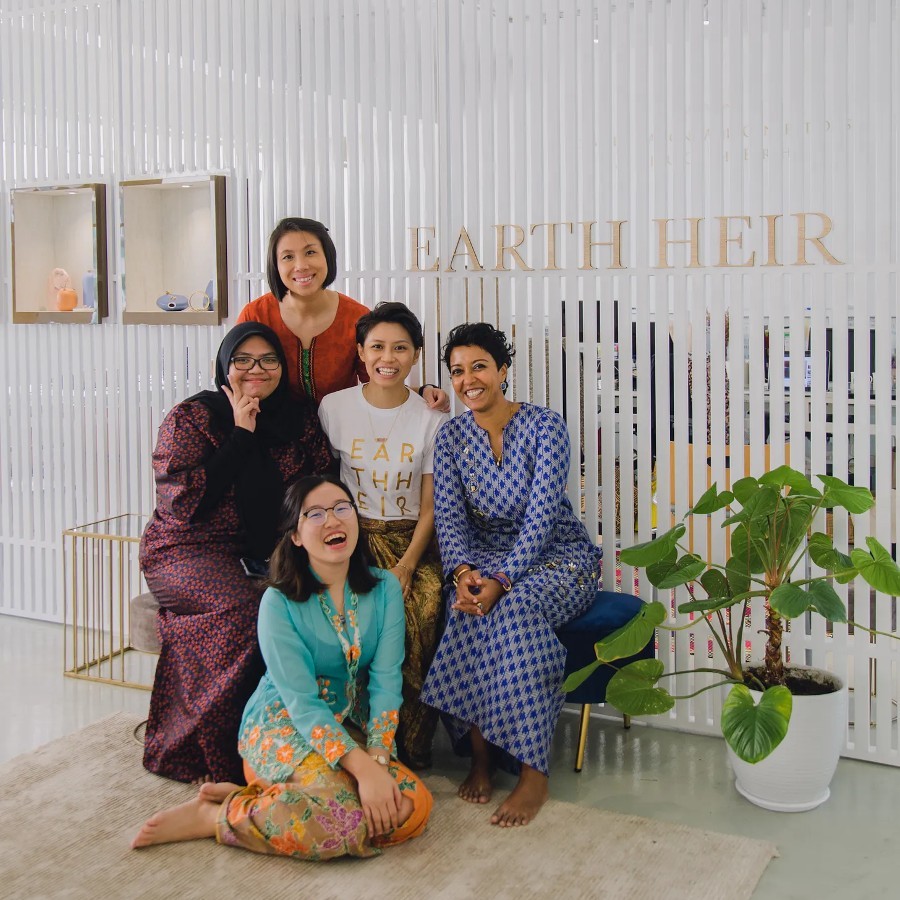
Ampang, Malaysia
Earth Heir increases the value of hand craftsmanship by engaging in ethical partnerships, infusing thoughtful design, and advocating for conscious consumption. They collaborate with a network of traditional artisans and refugees in Malaysia to preserve heritage crafts and build sustainable livelihoods in underserved communities. Earth Heir creates bags, accessories, and housewares from upcycled cargo strips, handwoven fabrics, and locally sourced natural fibers like mengkuang, rattan, ribu-ribu, and bemban. They also offer unique hand embroidered jewelry with motifs honoring refugee artisans from Afghanistan, Palestine, Syria, Iran, and Myanmar. Earth Heir trains artisans on design, pricing, production processes, quality control, and supply chain management, provides financial support and market access, and follows fair trade practices. They donate a percentage of profits to tree planting via Weforest. Earth Heir is a certified B Corporation, a guaranteed member of the World Fair Trade Organization, and part of MADE51 by UNHCR the UN Refugee Agency.
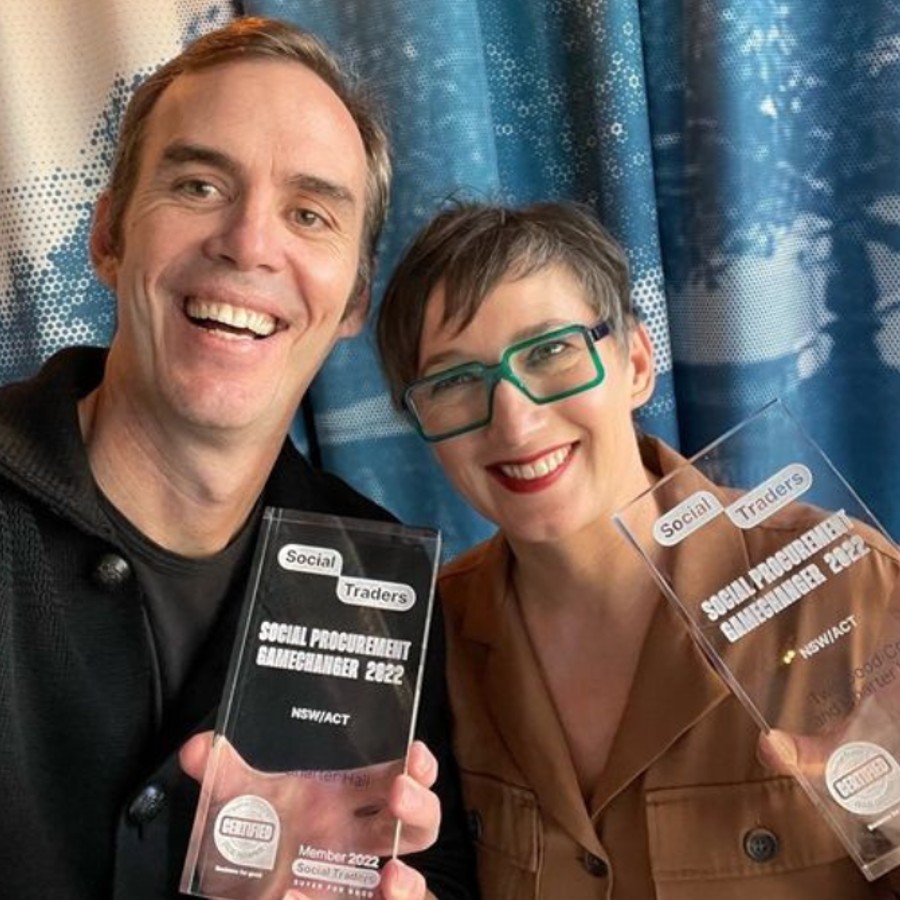
Melbourne, Victoria, Australia
Social Traders contributes to a more inclusive and equitable Australia by making buying from social enterprise the norm. Unlocking the power of social enterprise procurement creates positive impact through jobs, community services, and support for the most marginalized. Social Traders offers robust social enterprise certification, which gives businesses and government assurance that a social enterprise has been independently verified. This makes it easier for them to prioritize social enterprises and create positive impact through their spend. Certified social enterprises receive national recognition, access to resources, forums, workshops, training, and events, and referrals to business and government members. Social Traders is committed to inclusion and works with government and philanthropic partners to subsidize membership and certification costs for eligible social enterprises. They reinvest all profits to expand their social impact.
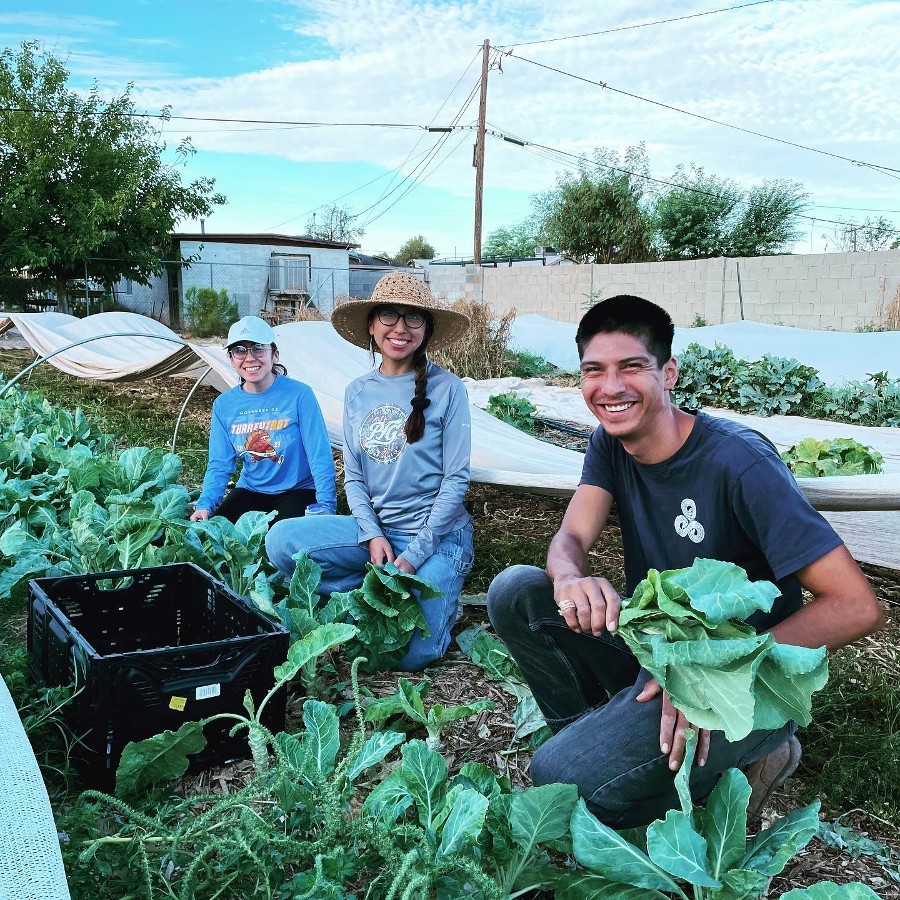
Avondale, Arizona, United States
Coldwater Coffeehouse and Bakery is a worker-owned farm-to-table cafe in old town Avondale that provides healthy, local, and affordable food to their neighborhood. Their onsite urban farm supplies fresh organically grown produce, and their bakery produces naturally leavened small batch sourdough and other fresh baked goods. They serve breakfast, lunch, and drinks, and organize regular community markets. The Coldwater operates as a worker-owned cooperative and reinvests 50 percent of profits to support their social mission.

Buenos Aires, Argentina
animaná works with alpaca, llama, vicuña, guanaco, merino wool, and other natural fibers from Patagonia and the Andes to create sustainable luxury clothing, accessories, and housewares, preserve local communities, care for the environment, and generate wealth. They partner with local artisan families, cooperatives, and producer organizations to revive ancestral weaving and knitting techniques and incorporate contemporary design. Products are sold through their Buenos Aires boutique, wholesale partners, and online. Through this work, animaná has enabled women across the region to open bank accounts, access health services, support their families, and improve their confidence and self esteem. In 2009, animaná founded Hecho por Nosotros, a nonprofit which has consultative status with the United Nations, to help create a more ethical, transparent and inclusive fashion industry. animaná is a certified B Corporation.
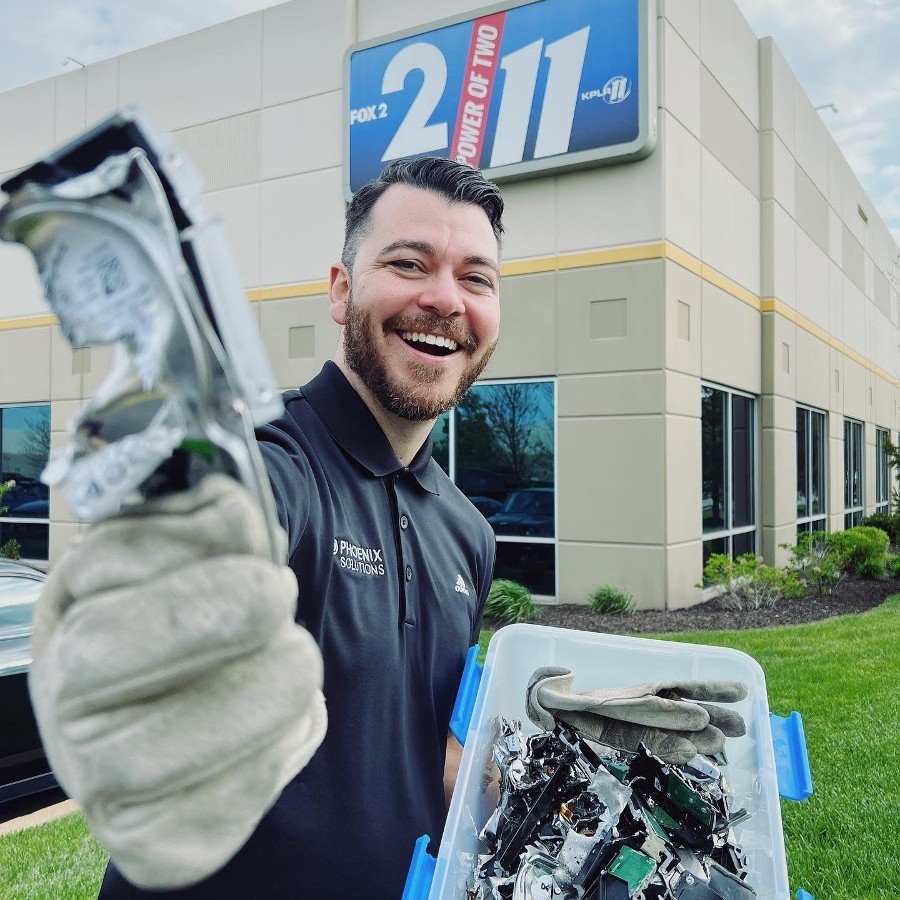
Affton, Missouri, United States
Phoenix Solutions enables corporate philanthropy, social impact, and circular economy practices through professional IT asset disposal. They provide value recovery, onsite or offsite data destruction, IT recycling, and reverse logistics services to businesses across the United States. Twenty percent of revenue from the value recovery process is donated in the form of computers, cash, or content to a nonprofit partner. Phoenix Solutions tracks every qualified IT asset, determines the recovery value, and creates a net impact report showing the contribution, the nonprofit supported, and the impact story of how the contribution is addressing social and environmental problems. The team also provides free or discounted technology, content creation support, and technology recycling services to low income individuals and nonprofits in the St. Louis community. Phoenix Solutions has an in-house Environmental Health and Safety Management System, is National Association for Information Destruction (NAID) certified, and partners with R2 certified downstream recyclers.
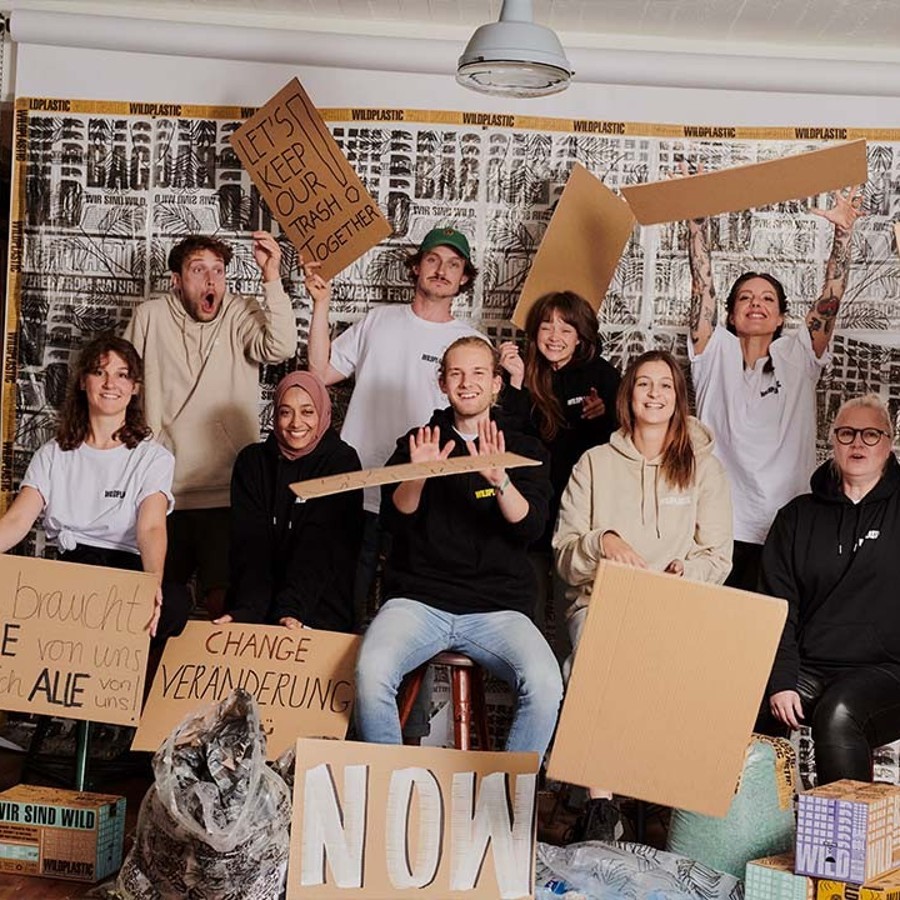
Hamburg, Germany
Wildplastic recovers the world’s wild plastic and brings it back into the system. They focus on regions without waste management infrastructure, partner with local organizations to collect wild plastic from streets, beaches, rivers, and illegal dumpsites, and ensure collectors have safe working conditions and receive fair wages. Conventional production processes rely on the addition of virgin plastic to create new plastic products. Wildplastic has developed a process to create new plastic products from 100 percent recycled wild plastic and reduce carbon emissions by 70 percent. They produce and sell wild plastic trash bags and are expanding to other plastic solutions. Wildplastic was founded as a steward-owned company with a golden-share model to protect their mission and create transparency and trust for employees, partners, and consumers. They are a member of Social Entrepreneurship Netzwerk Deutschland (SEND).
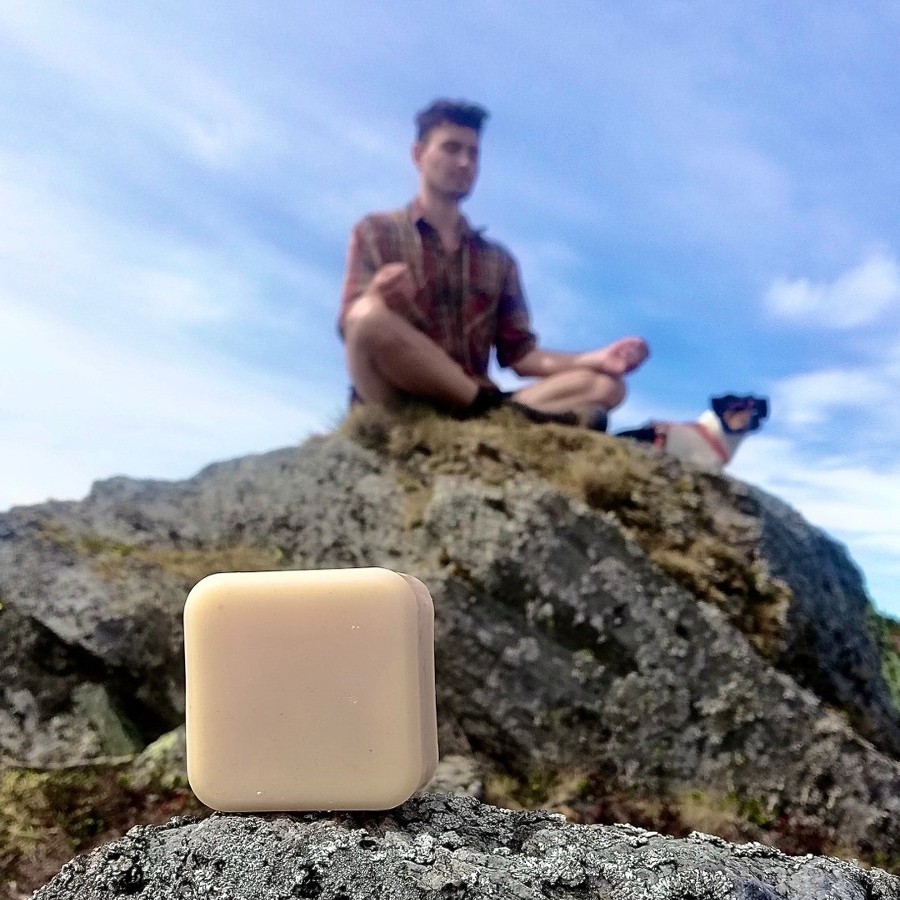
Oslo, Norway
Indo Naturals contributes to clean oceans and makes sustainable living easier by supplying zero waste body and home care products that are ethically made in rural India from locally sourced raw materials. They specialize in probiotic soap, face wash, and shampoo bars made from plant-based oils and botanicals like hibiscus, shikakai, and brahmi. They use two strains of probiotics to help fend off unwanted bacteria and pollutants and contribute to a healthy skin microbiome. Each concentrated bar is the equivalent of about three plastic bottles of liquid soap. Indo Naturals also offers all-purpose bars that can be used for dishes and household cleaning, natural loofah sponges, coconut coir and mango wood brushes, and hemp bulk bags, bread bags, and tote bags. Packaging is made from recycled paper with no plastic glues or labels and can be easily composted or recycled. Indo Naturals is a guaranteed member of the World Fair Trade Organization (WFTO).
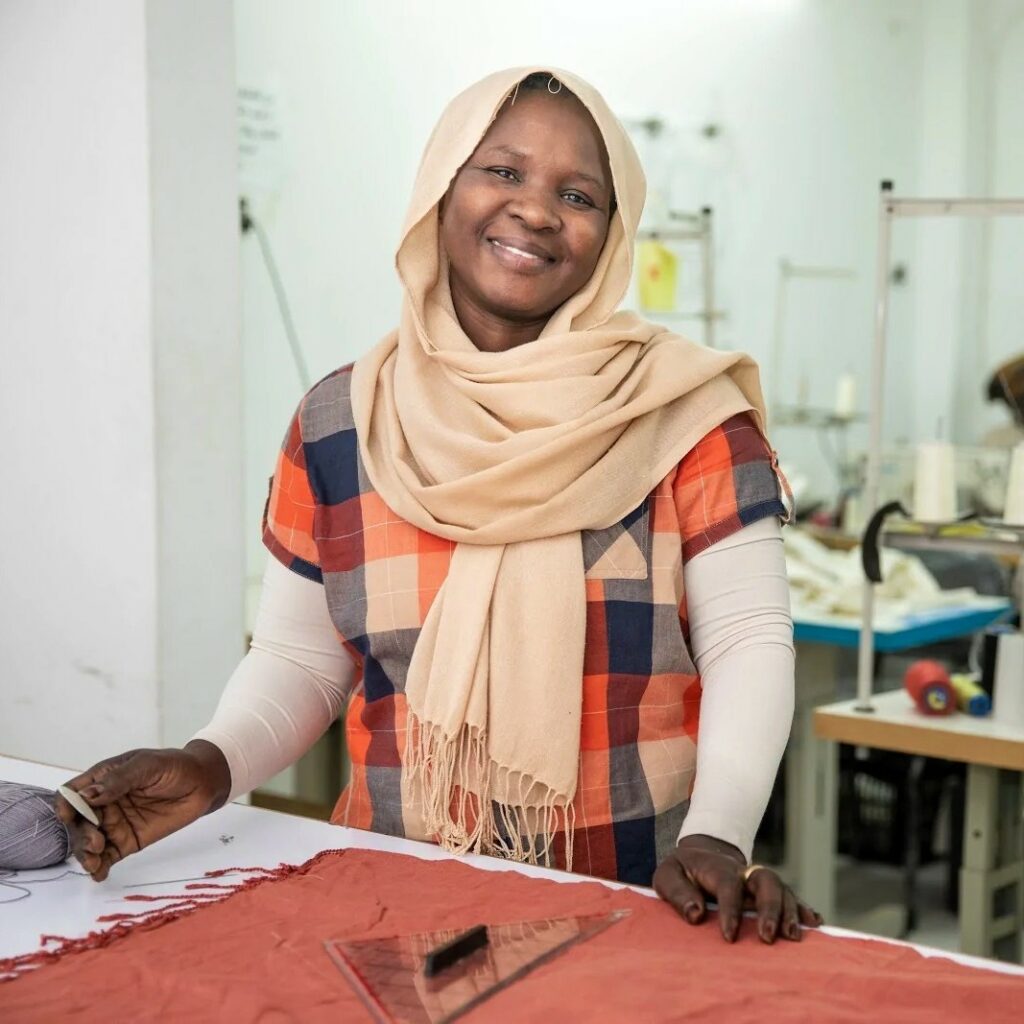
6th of October City, Egypt
Yadawee promotes fair trade housewares and accessories, preserves Egyptian heritage crafts, and creates livelihood opportunities for artisans in disadvantaged communities throughout the country. They specialize in handblown recycled glass tableware and Egyptian cotton and linen textiles. Yadawee supports gender equality in all steps of the supply chain and ensures women get the same payment as their male colleagues. In 2017, Yadawee took over the management of the NilFurat project, a space where local Egyptian women and refugee women from Nile and Euphrates river basin countries are able to connect, develop their skills, create high quality artisan products, and generate their own income. Yadawee is a guaranteed member of the World Fair Trade Organization, and part of MADE51 by UNHCR the UN Refugee Agency.
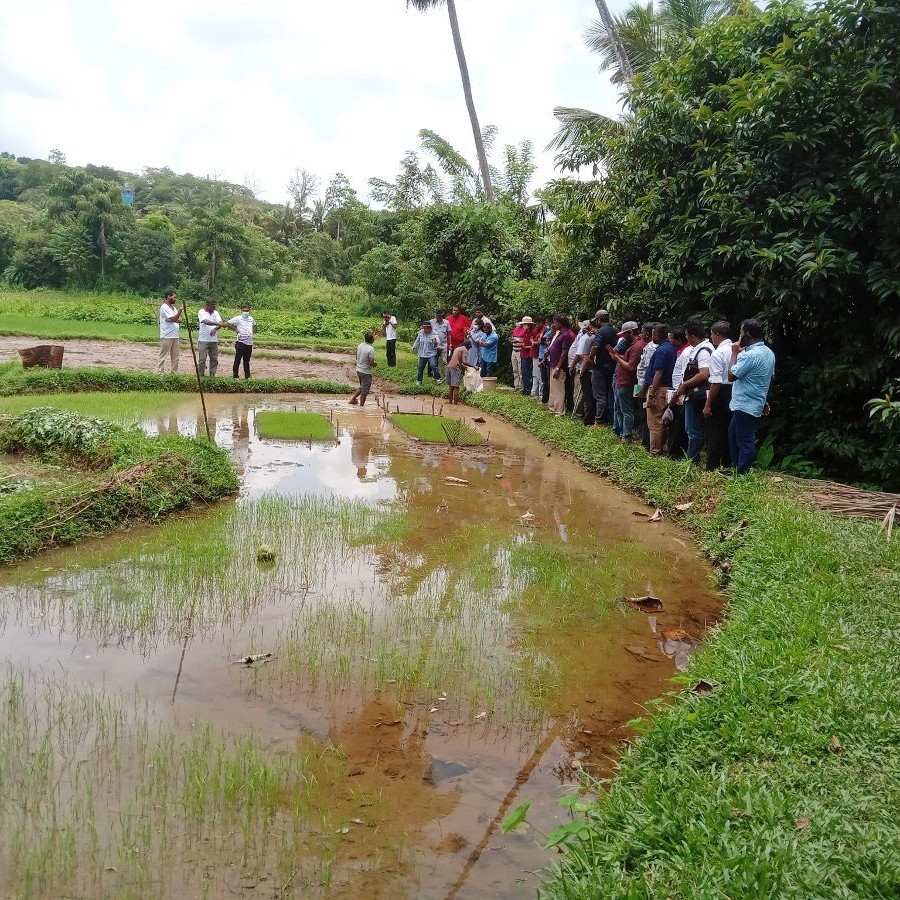
Lunuwila, Sri Lanka
Parabowa Organic Farmers Association produces organic heirloom rice, coconut, fruit, vegetables, and spices in western Sri Lanka with a focus on supplying poison free food and protecting the environment. They offer technical training that combines indigenous knowledge, organic best practices, biodynamic techniques, and environmental conservation. Parabowa has Fairtrade International certification, Demeter biodynamic certification, and USDA, JAS, and EU organic certification.
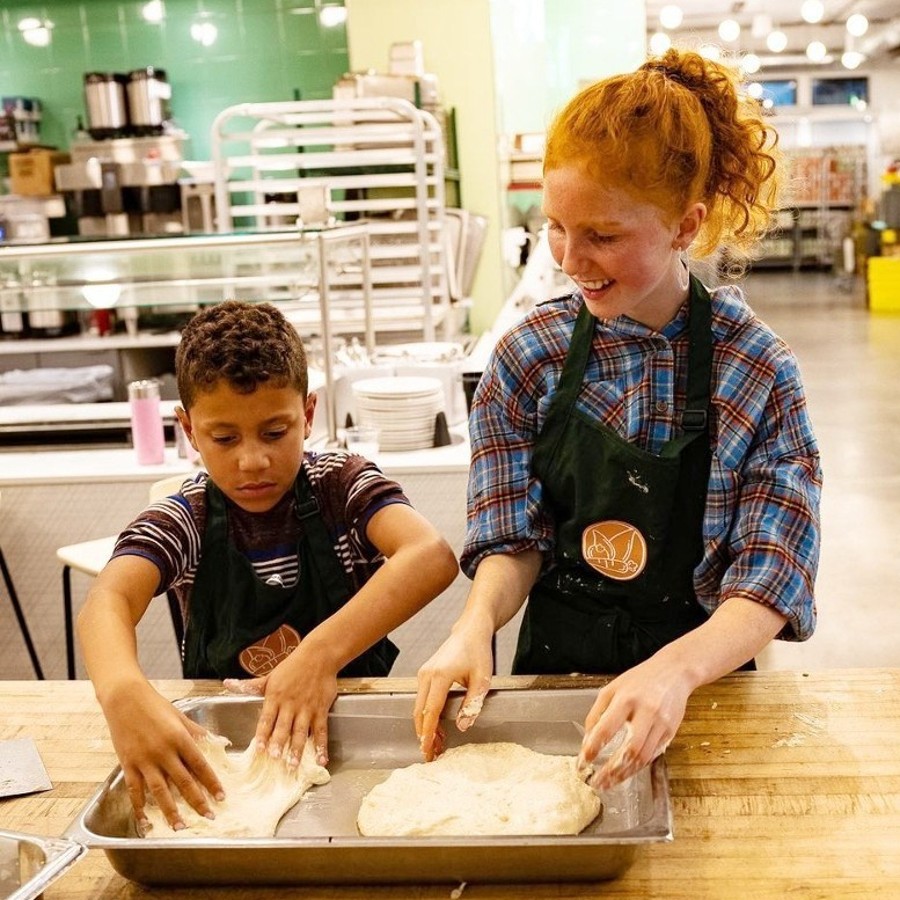
Watlington, England, United Kingdom
Kitty’s Kits offers simple, natural bread kits and free classes to empower as many people as possible to bake and share good bread. In the United Kingdom, over 80 percent of bread is highly processed, full of preservatives, and may contain up to 24 ingredients. Real bread just has four: flour, water, yeast, and salt. Making good bread is cheap and takes very little time and space, but most people feel intimidated because they don’t know how to do it. Kitty’s Kits contain all of the pre-weighed ingredients to make no knead, no mess bread. The only steps are to add water, mix, leave overnight for 12 to 18 hours, shape the dough into a loaf, rolls, pizza, flatbreads, or other recipes, bake, and enjoy. Kitty’s Kits sources flour locally from Wright’s Flour, a six generation mill that started in 1867, and uses their profits for Breaducation, giving free classes and bread kits to schools, prisons, food banks, community groups, and anyone that needs good bread.
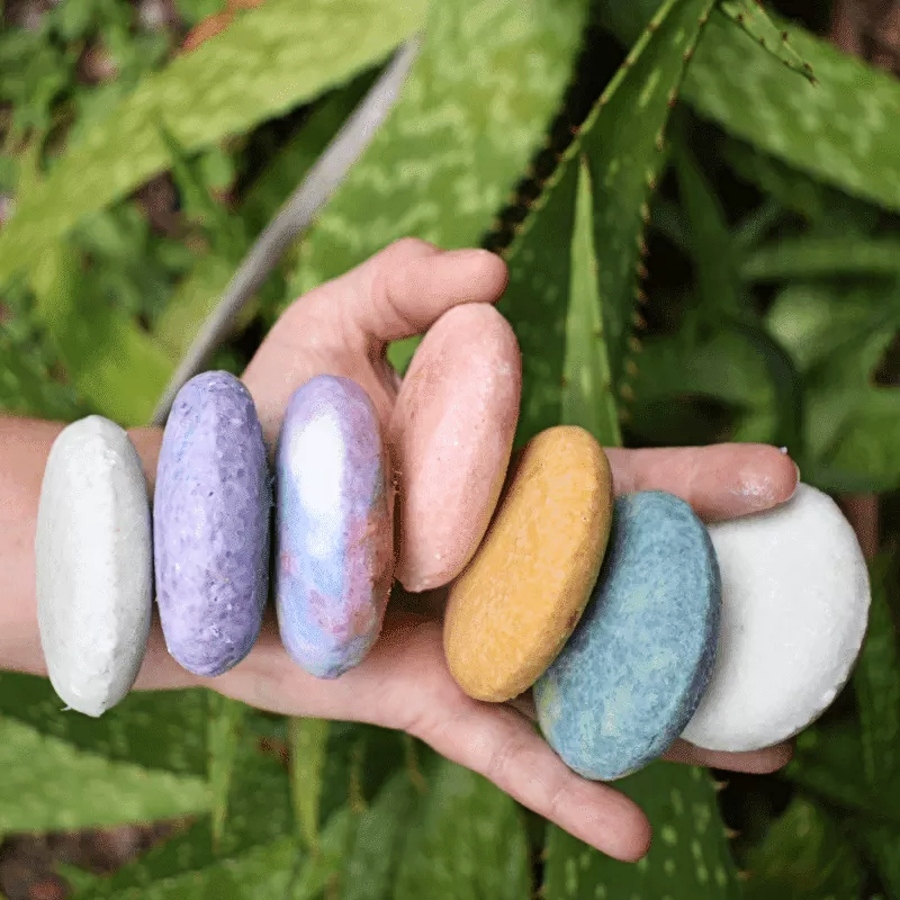
Mount Dora, Florida, United States
Tangie makes it easier to transition to a healthy, sustainable lifestyle by offering zero waste body care, home care, and pet care. All products are vegan, cruelty free, and made in the United States from locally sourced, plant-based ingredients. Tangie specializes in solid body bars, shampoo bars, conditioner bars, pet shampoo bars, laundry detergent, dish wash, and hand wash as an alternative to liquid cleaning products in plastic bottles. These concentrated bars reduce costs, water consumption, transport energy, and waste. They are packed in compostable packaging and shipped from a plastic free distribution center. Tangie is a Green America certified business and Leaping Bunny certified cruelty free. They support Ruth House women’s shelter and Street Team Movement’s laundry program with free products.
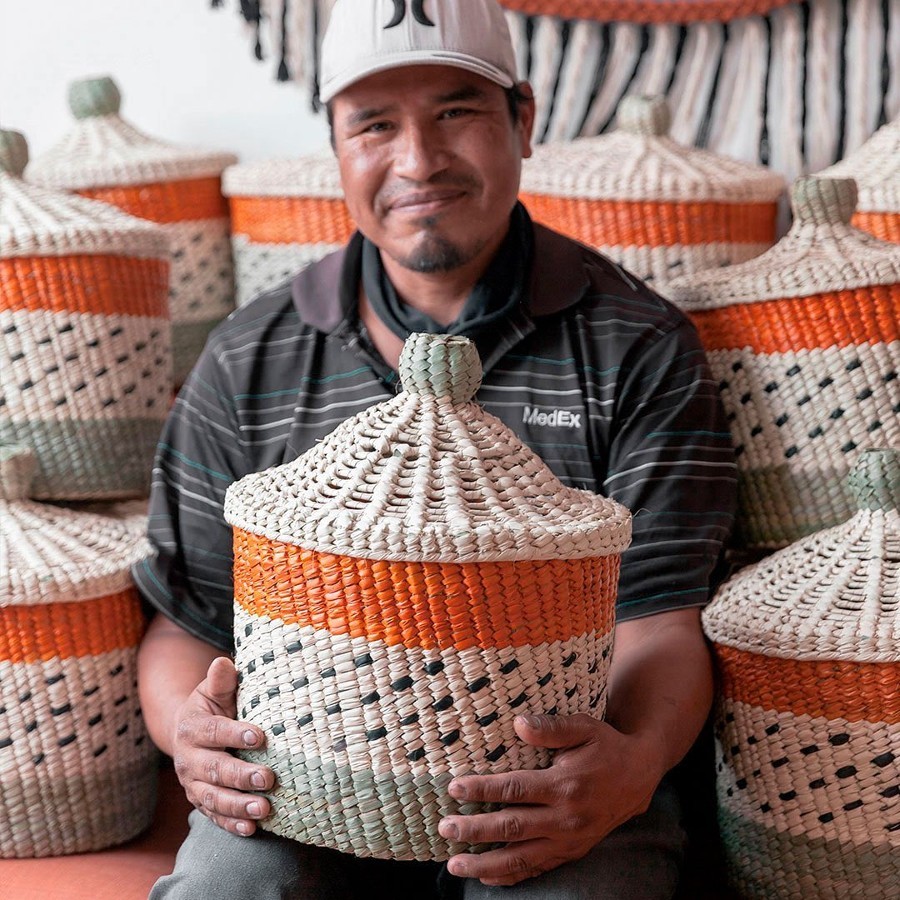
Ciudad de México, Mexico
Ensamble Artesano is a collaborative platform developed by 36 partner organizations and projects to reactivate and strengthen the artisan sector in Mexico. Participants have a shared commitment to participatory design, local production, and fair trade and directly support thousands of artisans that celebrate and preserve Mexico’s cultural heritage. Ensamble Artesano offers clothing, accessories, housewares, and children’s products online and through retail outlets in Mexico City, Mérida and Izamal. They operate under Fundación Haciendas del Mundo Maya, not-for-profit organization and a guaranteed member of the World Fair Trade Organization (WFTO). All profits are reinvested to strengthen the artisan sector.
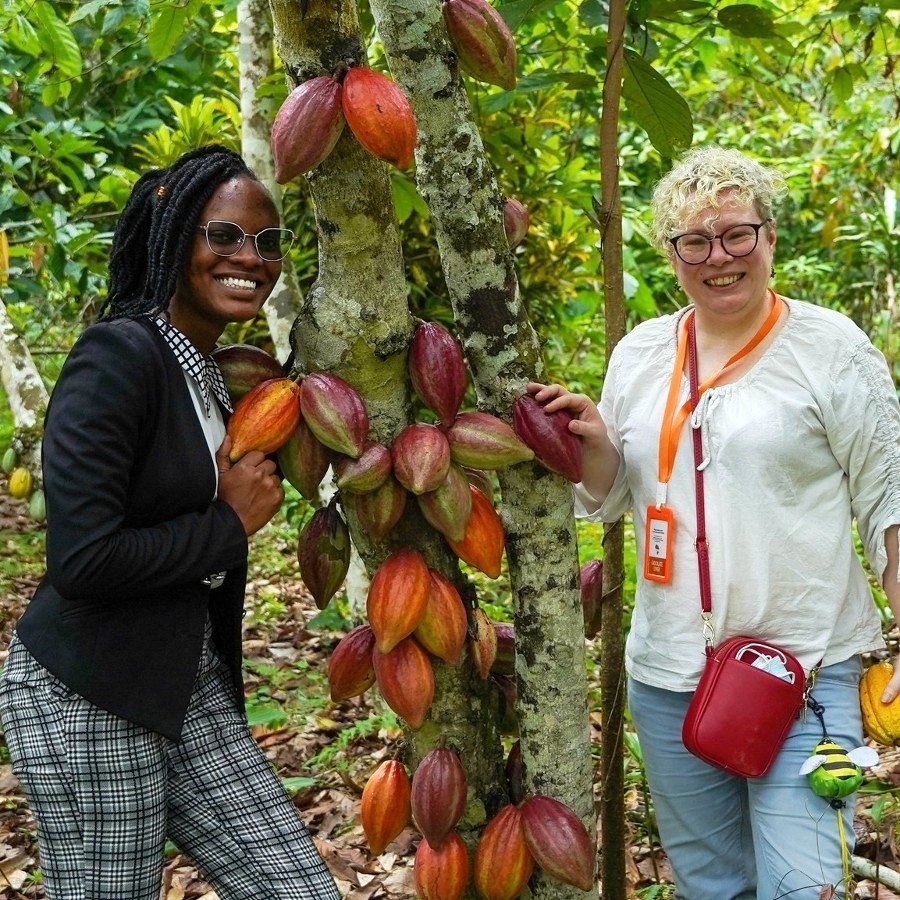
Coppull, England, United Kingdom
All’s Fair Tours links fair trade supporters with farmers and workers by offering trade justice themed tours in Ghana. Participants have the opportunity to immerse themselves in a Fairtrade cocoa growing community, stay in the Co-operative House at New Koforidua, Africa’s first Fair Trade Town, and visit UNESCO World Heritage transatlantic slave trade sites along the Cape Coast of Ghana. The tours support local suppliers and service providers that adhere to the ten principles of fair trade. All’s Fair Tours has been developed in partnership with the Chief of New Koforidua, Social Enterprise Ghana, and Trade Aid to expand fair trade tourism. They are working to refurbish Co-operative House, train local women to set up fair trade enterprises, and support cocoa farmers to diversify and increase incomes by learning to process their own cocoa beans into chocolate. All’s Fair Tours has a social mission lock in their articles of association and is a member of Social Enterprise UK.
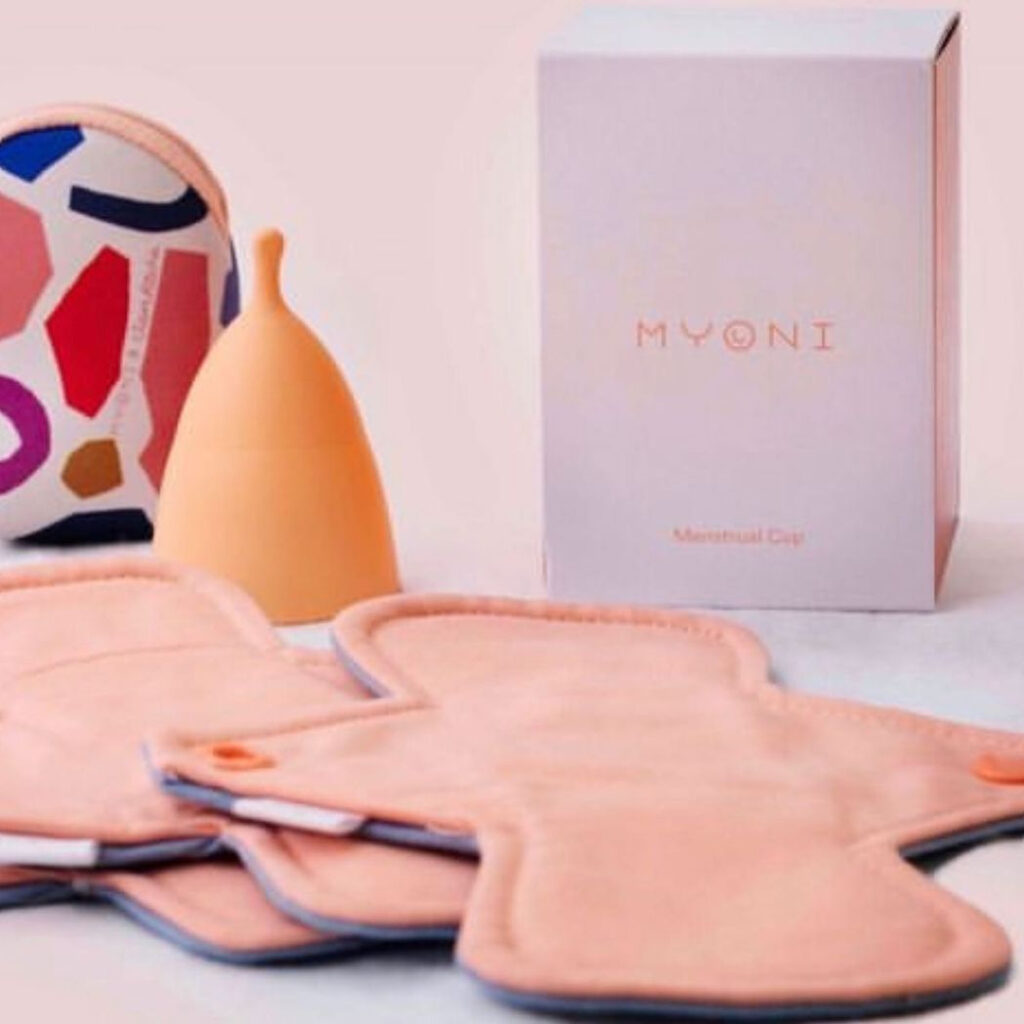
McDowall, Queensland, Australia
Myoni contributes to the menstrual revolution by making ethical and sustainable menstrual products in Australia, promoting period positivity, and challenging taboos and period poverty. They partner with Australian suppliers to produce reusable menstrual cups, cases, and pads. The cups are made from medical grade materials and are recyclable at end of life. Myoni contributes to menstrual education through discussions, workshops, events, and podcasts. For every two products sold, they donate one to community partners that work with people experiencing period poverty.
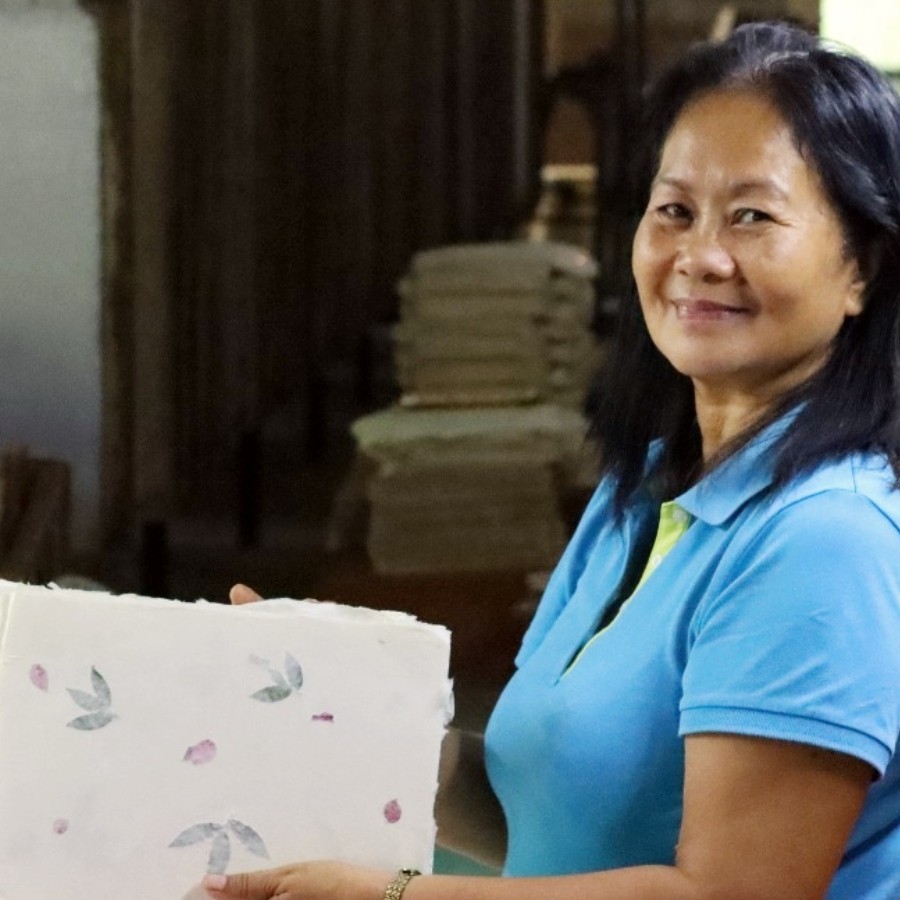
Salay, Philippines
Salay Handmade creates fair trade handmade paper and pressed flower products from sustainably sourced natural materials in the Philippines. They started in 1987 as a community initiative called the People’s Economic Council to create livelihood opportunities in their Northern Mindanao community. Salay is now known for its unique paper products made from abaca fiber, salago bark, pineapple leaves, gumamela bark, banana stalks, invasive cogon grass, and other natural fibers. The paper is acid-free, archival quality, and suitable for printing. Salay Handmade uses azo-free dyes for their colored paper range and has developed their own waste water treatment facilities. In 2000, they established the SHAPII Multipurpose Cooperative and SHAPII Foundation to further benefit the community and provide scholarships to local students. Salay Handmade is a guaranteed member of the World Fair Trade Organization (WFTO).
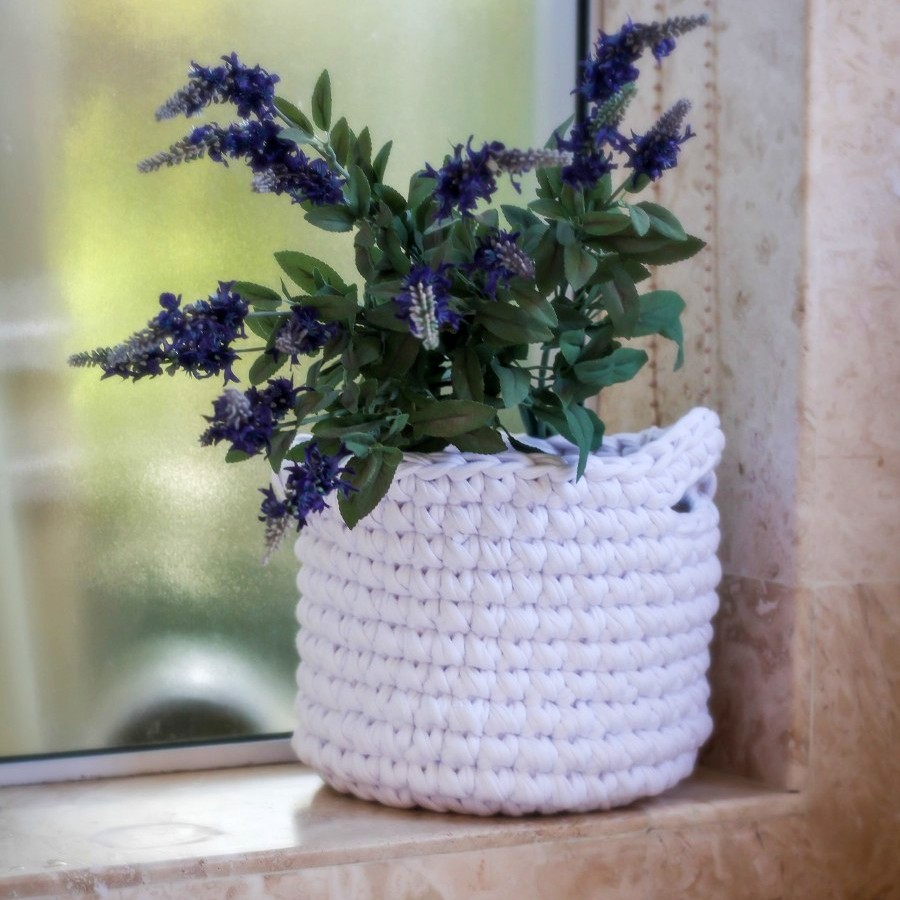
Cape Town, South Africa
H18 Foundation aims to empower, upskill, and uplift women in the Joe Slovo Park area of Milnerton, South Africa. They provide craft skills training, materials and equipment, a safe and comfortable workspace, and orders for finished products. The women specialize in upcycled mats, baskets, bowls, planters, and dog toys that are hand crocheted using local plastic waste or fabric waste from nearby textile mills. They work with wholesalers and retailers to create custom designs and sell directly under their own brand. H18 Foundation also provides free onsite preschool programs for artisans’ children and English, administrative, and leadership skills programs so that participating women can eventually manage operations themselves. They work with Truly Handmade to grow market access locally and internationally, but all profits are reinvested towards their social mission. H18 Foundation is part of ChangeMakersHub, Nest, Aid to Artisans, Mensch Network, and other groups working for social and environmental change.
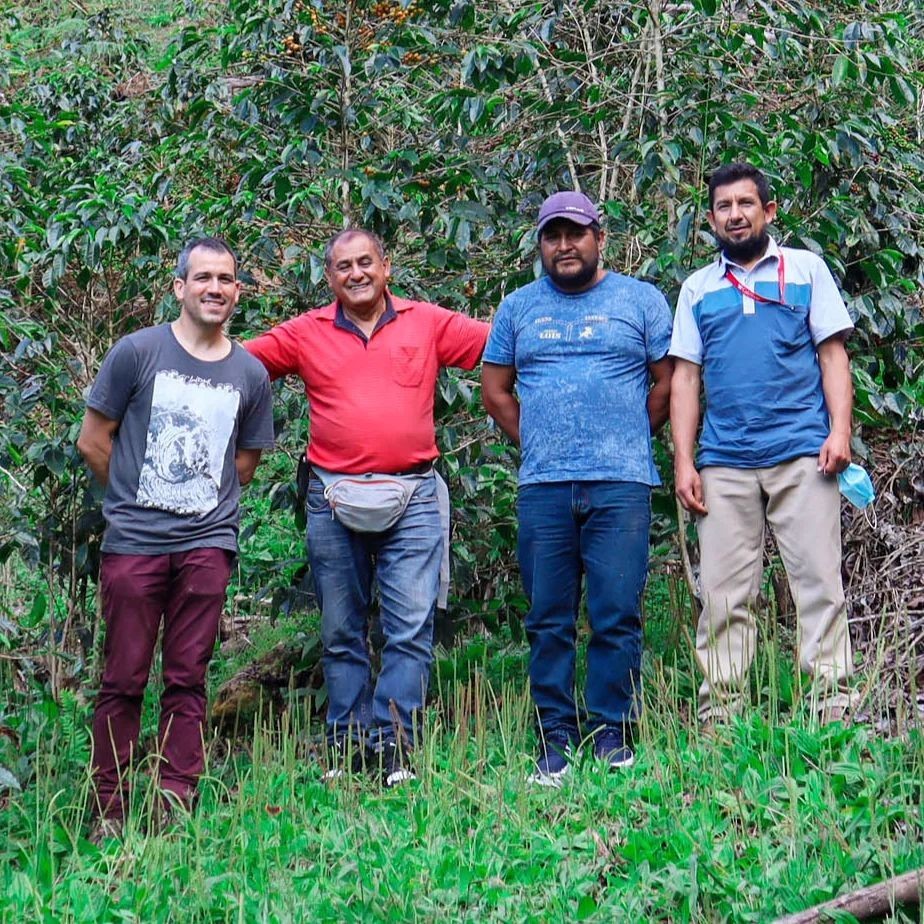
Saint-Thuriau, France
Allpeco offers fresh, artisanally roasted, fair trade coffee from small-scale producers in Peru, Honduras, Guatemala, Ethiopia, and the Congo that grow under shade and follow organic agroforestry practices. They highlight the origins of each coffee, create custom roasting profiles based on the terroir, and roast on-demand in Saint-Thuriau, Brittany. Allpeco pre-finances harvests, provides transparent fair trade prices, and offers three-year contracts to enable long-term investment. They support reforestation programs, solar power generation, and initiatives to reduce water consumption and waste. Coffee is delivered to bulk customers in returnable buckets. Allpeco has EU organic certification and is a guaranteed member of the World Fair Trade Organization (WFTO). Profits are reinvested and donated to projects in producing countries.
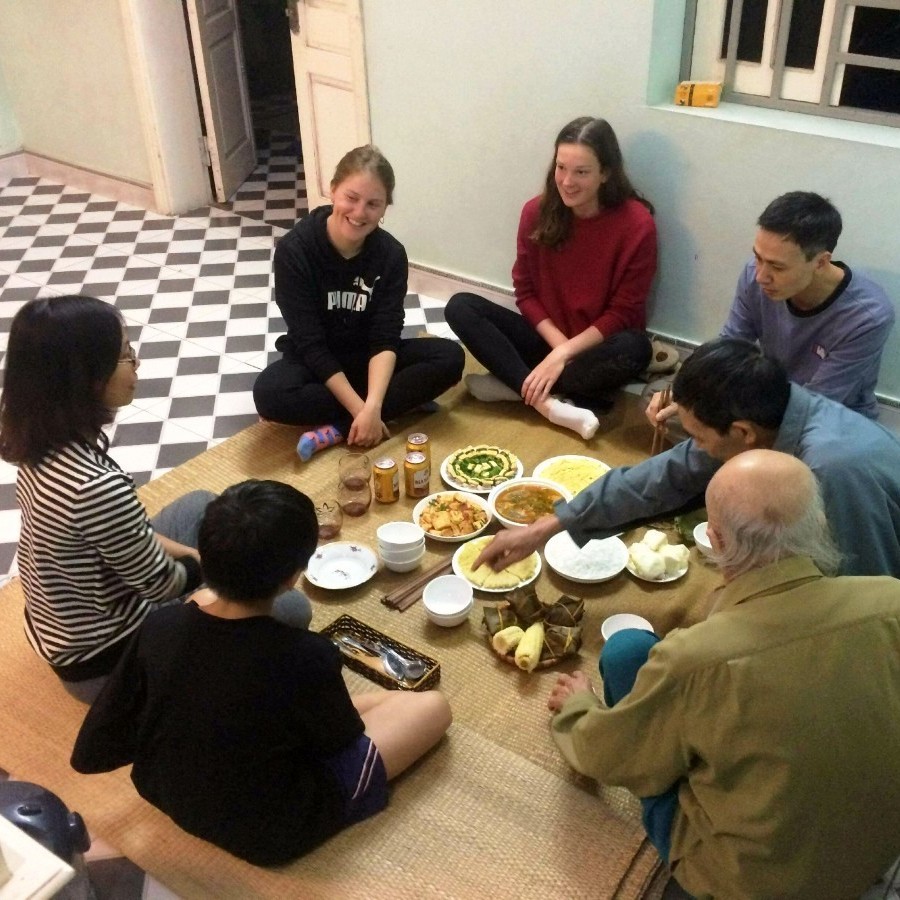
Duiven, Netherlands
ResiRest connects travelers with local families for authentic home dining and food experiences. This fair tourism approach creates opportunities for intercultural connection and enables local families and communities to directly benefit from tourism without making large investments. They work with local coordinators and nonprofit partners around the world to carefully select hosts, prepare them to welcome guests, ensure general safety, food safety, and fair trade standards, and coordinate reservations. ResiRest is a provisional member of the World Fair Trade Organization (WFTO) and a member of Social Enterprise NL. They are registered as a social enterprise in the Code Sociale Ondernemingen.
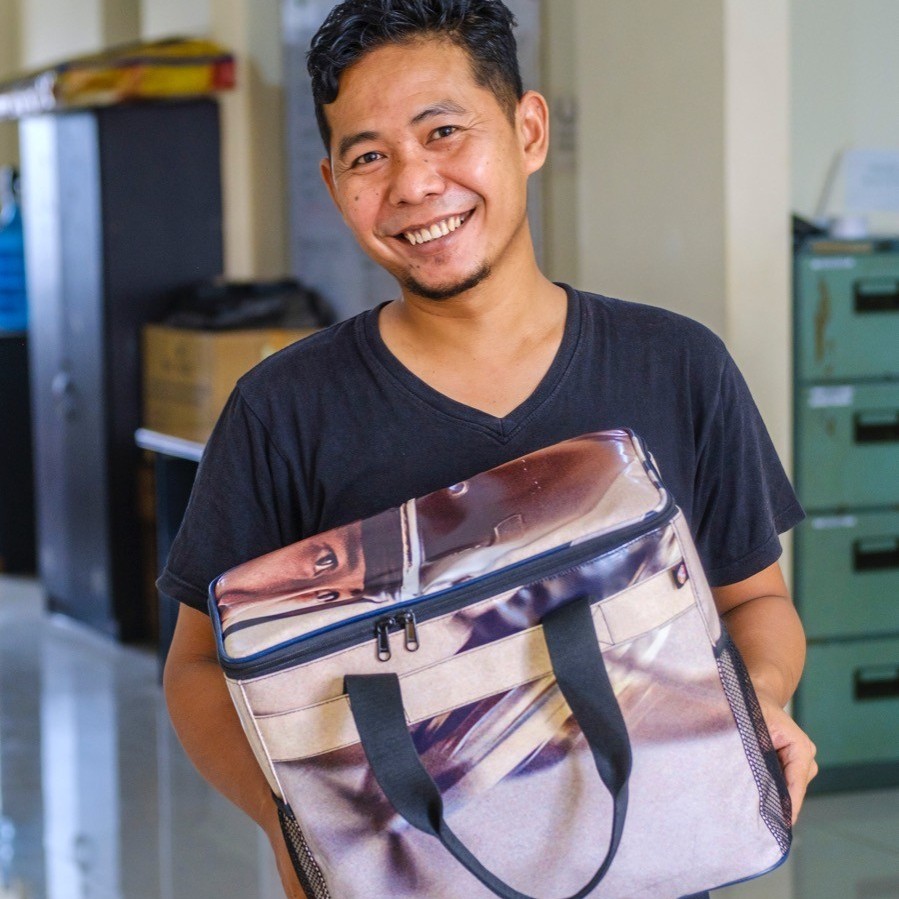
South Tangerang, Indonesia
XSProjek upcycles consumer and corporate waste into fair trade products and works to improve the lives of trash picker families living at the Cirendeu open garbage dump in Jakarta. More than 80,000 tons of non-biodegradable and non-recyclable flexible plastic packaging is manufactured in Indonesia each year for common consumer products. Trash pickers do not normally collect this plastic because it cannot be sold to conventional recyclers. XSProjek pays for this waste and employs community members to sort, wash, dry, cut, and sew the materials into unique bags and housewares. They also accept corporate donations of waste materials including billboards, banners, flags, and automobile upholstery. XSProjek raises awareness about the social and environmental impacts of trash, advocates for consumer recycling, and reinvests their proceeds in educational, health, and community infrastructure programs in the community. They are a guaranteed member of World Fair Trade Organization (WFTO) and a member of Forum Fair Trade Indonesia.
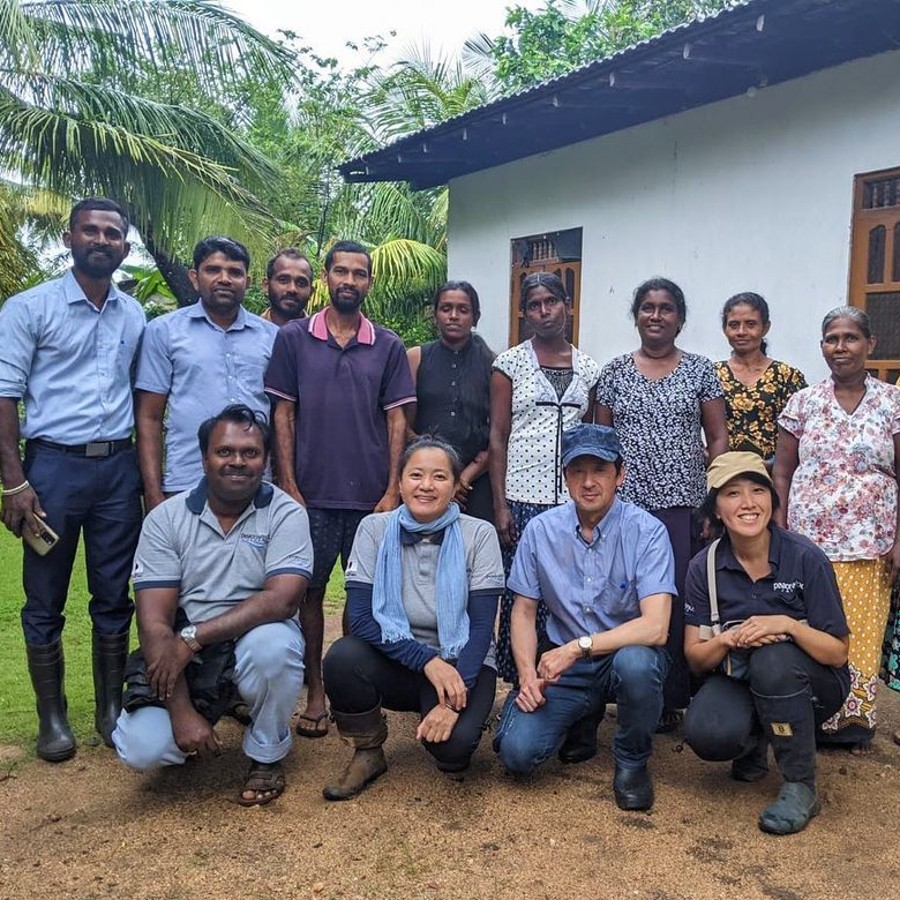
Trincomalee, Sri Lanka
Peace Winds supports farmers in Eastern Sri Lanka to transition to organic practices, maintain records, obtain certification, access market opportunities, and improve their incomes. Products include fresh and dehydrated organic fruits and vegetables, organic grains, seedlings, seeds, natural fertilizers and pest repellents. Peace Winds helps coordinate village markets and district trade fairs to make organic food more affordable and accessible. They operate as a not-for-profit organization and reinvest all proceeds towards their mission. Peace Winds farmers are verified under a local organic participatory guarantee system (PGS).
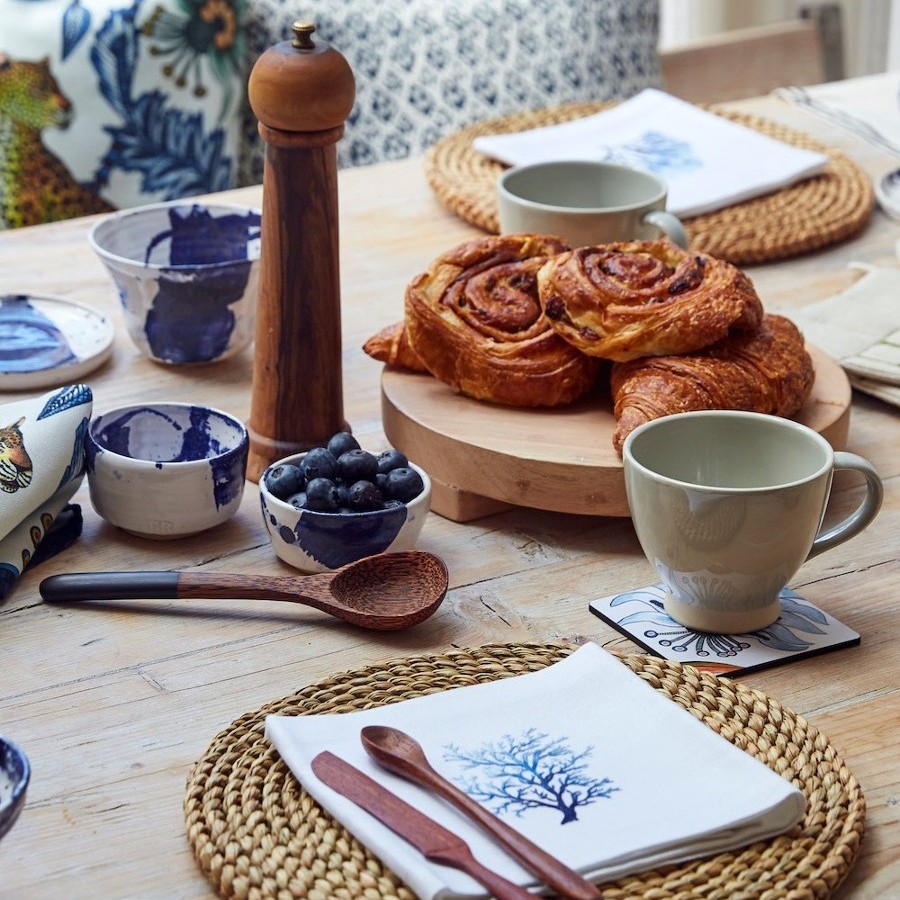
London, England, United Kingdom
Akojo Market partners with artisan-led brands from around the world and makes it easier to find ethically and sustainably sourced housewares, clothing, bags, jewelry, accessories, toys, and skincare online. All products are handcrafted in small batches using traditional techniques and locally sourced materials. Akojo Market has developed innovative technology to ensure each brand meets strict ethical sourcing and manufacturing criteria and has the tools, marketing, and logistics support they need to access international markets and thrive. By directly connecting independent artisan-led brands with customers, they are able to ensure that at least 75 percent of profits on sales are returned to the makers. Akojo Market offsets all deliveries through Nula Carbon and operates out of a coworking space committed to net zero practices.
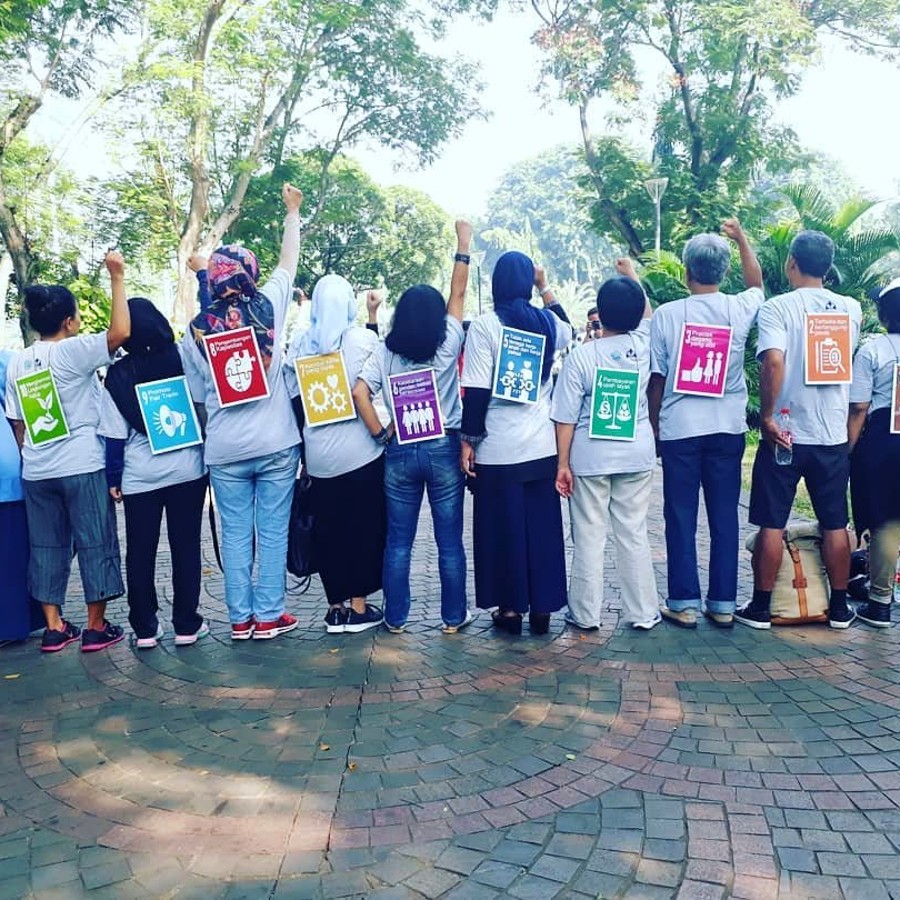
Sleman Regency, Indonesia
Biansa Home increases economic independence for marginalized communities and people with disabilities by producing environmentally responsible, fair trade housewares, clothing, and accessories. They specialize in tables, chairs, stools, baskets, and carvings made from sustainably sourced wood, rattan, and seagrass. They also offer clothing and accessories made from naturally dyed eco print fabrics. Biansa Home is a member of Forum Fair Trade Indonesia and a provisional member of World Fair Trade Organization (WFTO).
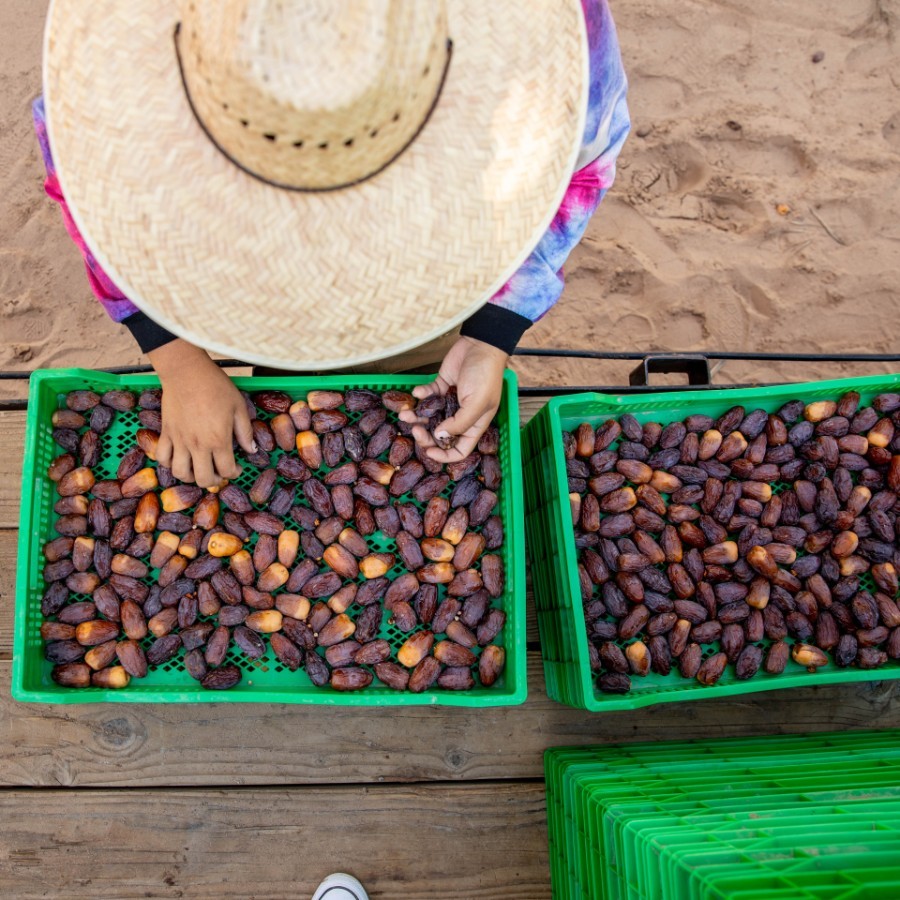
Yuma, Arizona, United States
Desert Fruit Farms produces organic certified Medjool dates in Yuma County, Arizona. Three generations of family members and a dedicated team of employees have been caring for their date palms by hand for the past two decades. The trees thrive in the hot, dry desert climate, and the annual harvest takes place August through October depending on weather conditions. Desert Fruit Farms is certified organic by California Certified Organic Farmers (CCOF) and is committed to food safety, water conservation, and research-based best practices. They donate to Yuma Community Food Bank.
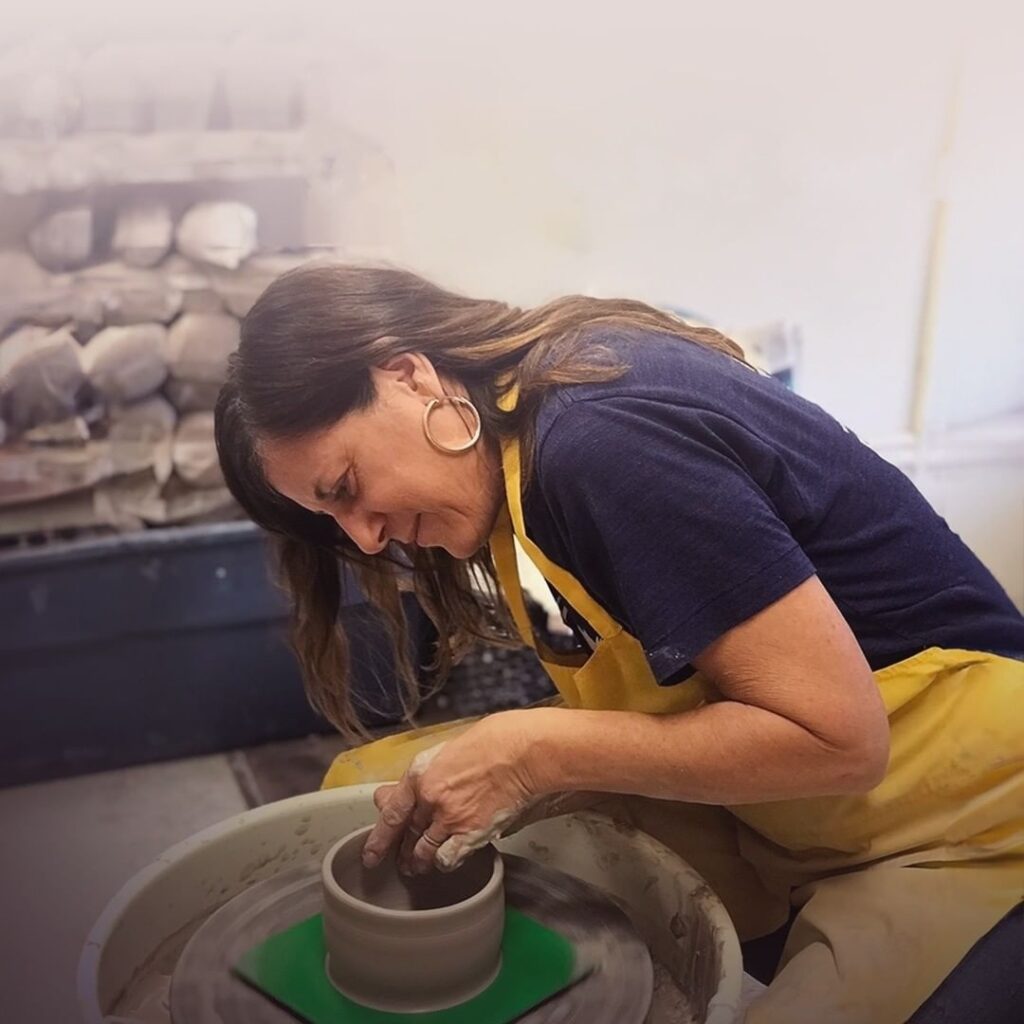
Cerritos, California, United States
Flourish Planet aims to make conscious consumption an accessible lifestyle choice and impact producer livelihoods at scale through a commitment to responsible manufacturing and ethical wages. Their online retail marketplace includes a carefully curated selection of handmade clothing, accessories, housewares, toys, and natural personal care products that appeal to a modern global aesthetic while celebrating traditional craftsmanship and cultural heritage. Flourish shares artisans’ stories and raises consumers’ awareness about where their products come from, the amount of money that goes back to the creator, and the impact of their purchase on sustainable livelihoods. The platform is operated in the United States by Flourish Planet Social Benefit Corporation, a Delaware registered public benefit company (PBC), which is fully owned by Creative Million, a 501(c)3 not-for-profit organization. This legal structure ensures that all profits are reinvested to benefit artisans.
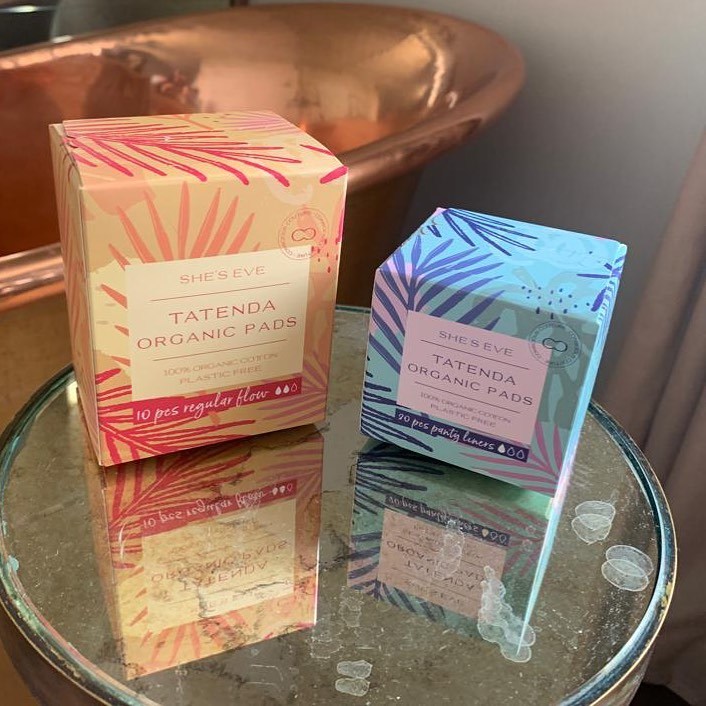
London, England, United Kingdom
She’s Eve sells environmentally responsible menstrual pads and uses the profits to address period poverty in Africa. Their biodegradable disposable pads are plastic free and made from organic cotton. Their reusable pads and pouches are made from upcycled waste materials and offcuts from couture fashion brands. She’s Eve donates to Padding Africa to train women to make reusable sanitary pads and to supply free sanitary pad kits to help keep girls in school.
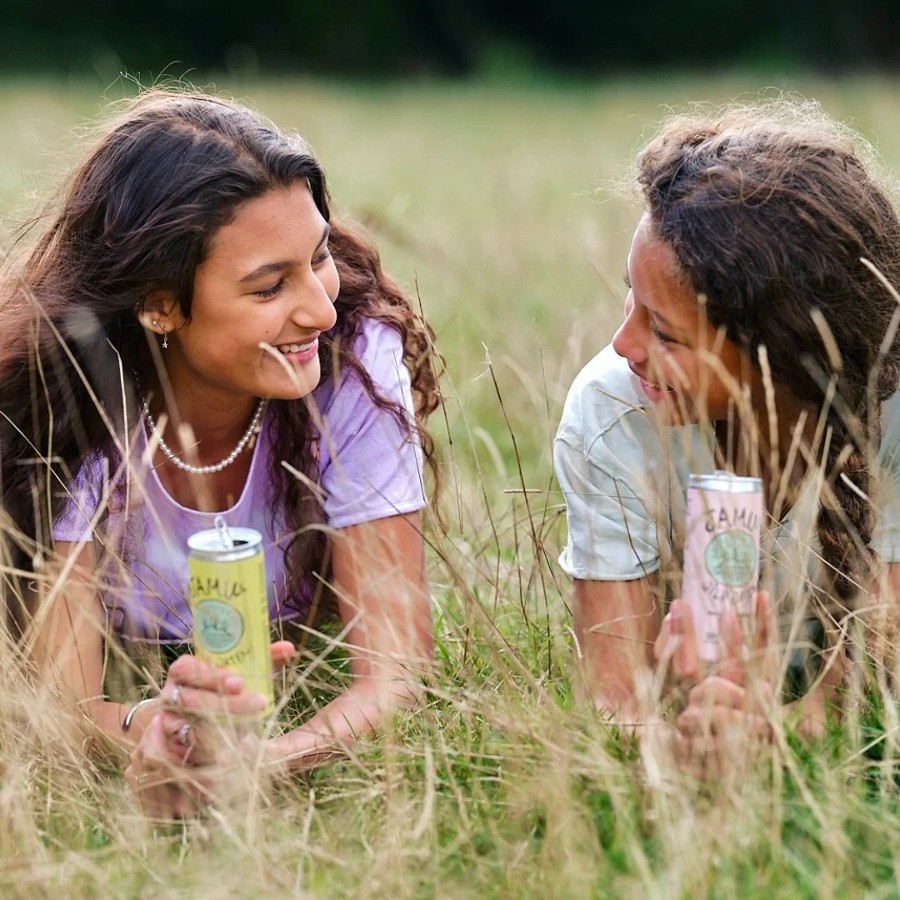
Thorverton, England, United Kingdom
Jamu Wild Water offers healthier drink options for kids and adults and reconnects young people with the magic of the natural world. Their sparkling botanical drinks are made with chicory root, echinacea, nettle, elderberry, dandelion, and marshmallow root and contain prebiotic plant fiber and immune boosting vitamin C and zinc with no added sugar or artificial sweeteners. They use ethically and sustainably sourced materials and plastic free, easily recyclable packaging. Their Jamu Wild Kids Club encourages young people to spend more time outdoors, protect, restore, and enjoy nature, and become socially responsible, environmentally aware citizens. Jamu Wild Water is part of Get Nature Positive and The Wild Network. They donate to rewilding projects that restore biodiversity and youth charities that support young people across the United Kingdom to reconnect with nature.
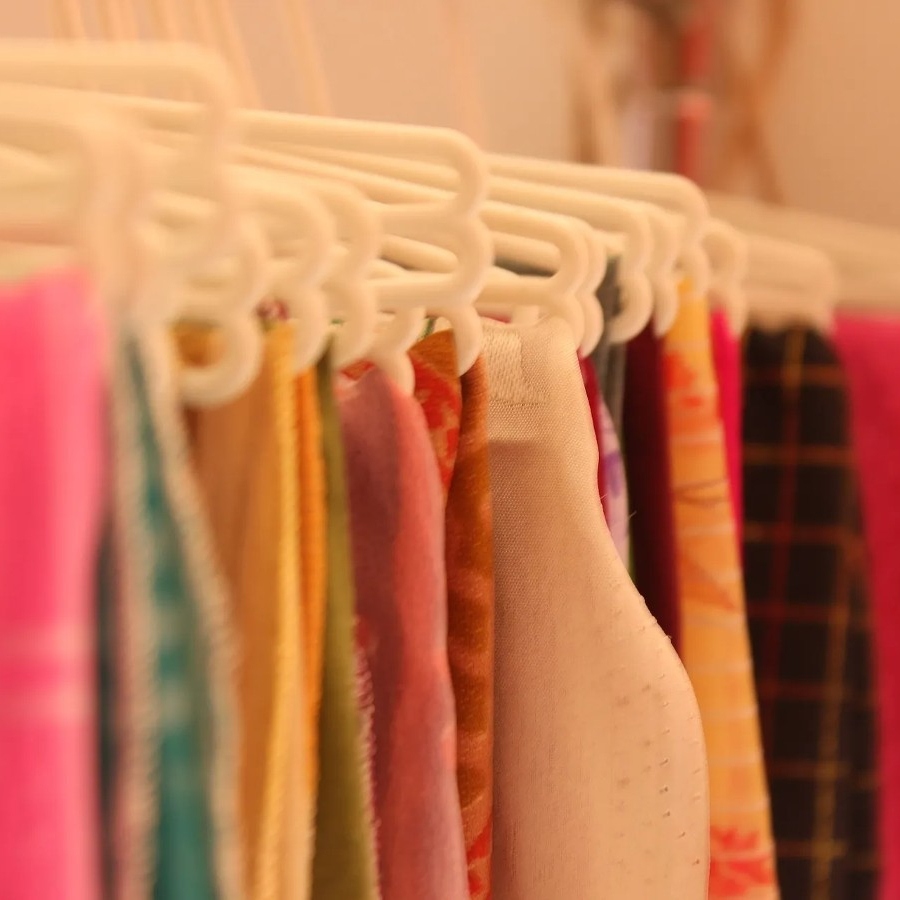
Melbourne, Victoria, Australia
Sustainable Sarees is creating a circular economy for South Asian fashion in Australia. Their online marketplace makes it easier to rent, sell, or buy preloved sarees, lehengas, sherwani, and other South Asian clothing. They partner with a toxic free dry cleaning service for all clothing rentals and a carbon neutral courier for shipping. Sustainable Sarees repurposes the fabric from donated outfits into upcycled clothing and housewares and contributes a portion of the sales to charity. They use their platform to raise awareness about the sustainable fashion movement within Australia’s South Asian community.
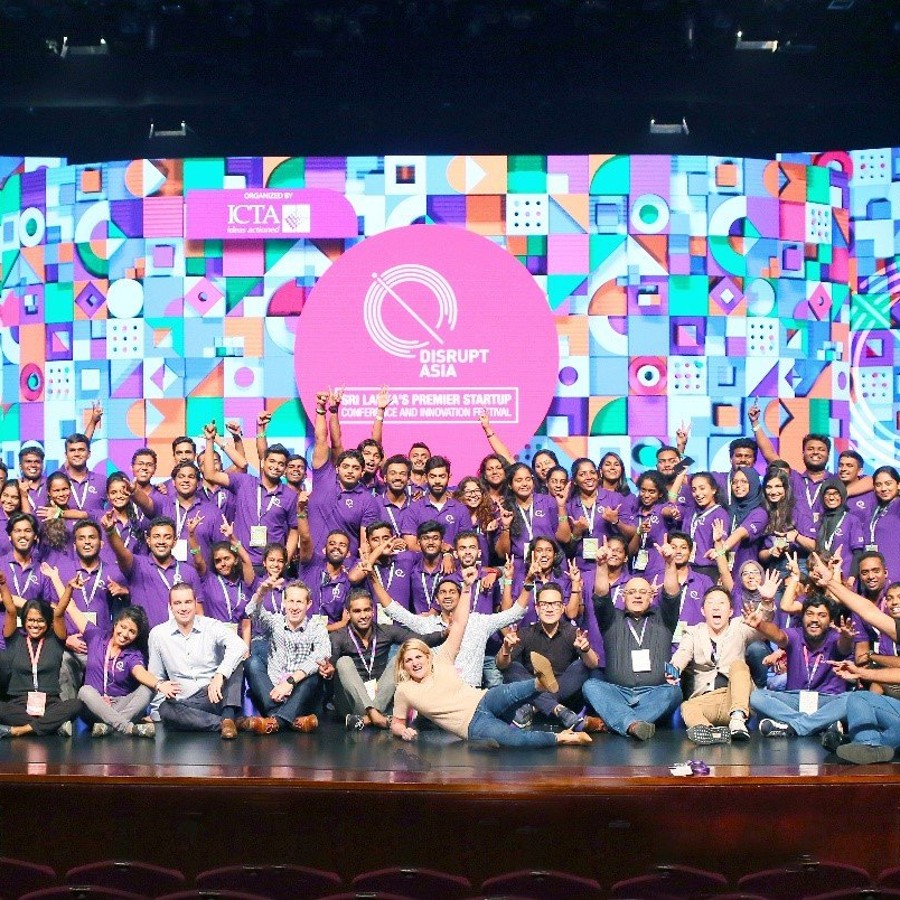
Colombo, Sri Lanka
Information and Communication Technology Agency (ICTA) Sri Lanka is a government institution focused on digital inclusion and supporting the transition to a creative, knowledge-based economy. They aim to use ICT to improve the reach and responsiveness of public services, reduce transaction costs to business, make government more transparent and accountable, and address the urgent needs of poor communities and isolated regions. ICTA Sri Lanka maintains interoperability standards to ensure ICT can be used in Sinhala and Tamil, coordinates the expansion of digital infrastructure, integrates ICT into education, health, procurement, and other government services, develops laws and frameworks for cybersecurity and data protection, and supports the technology startup ecosystem.
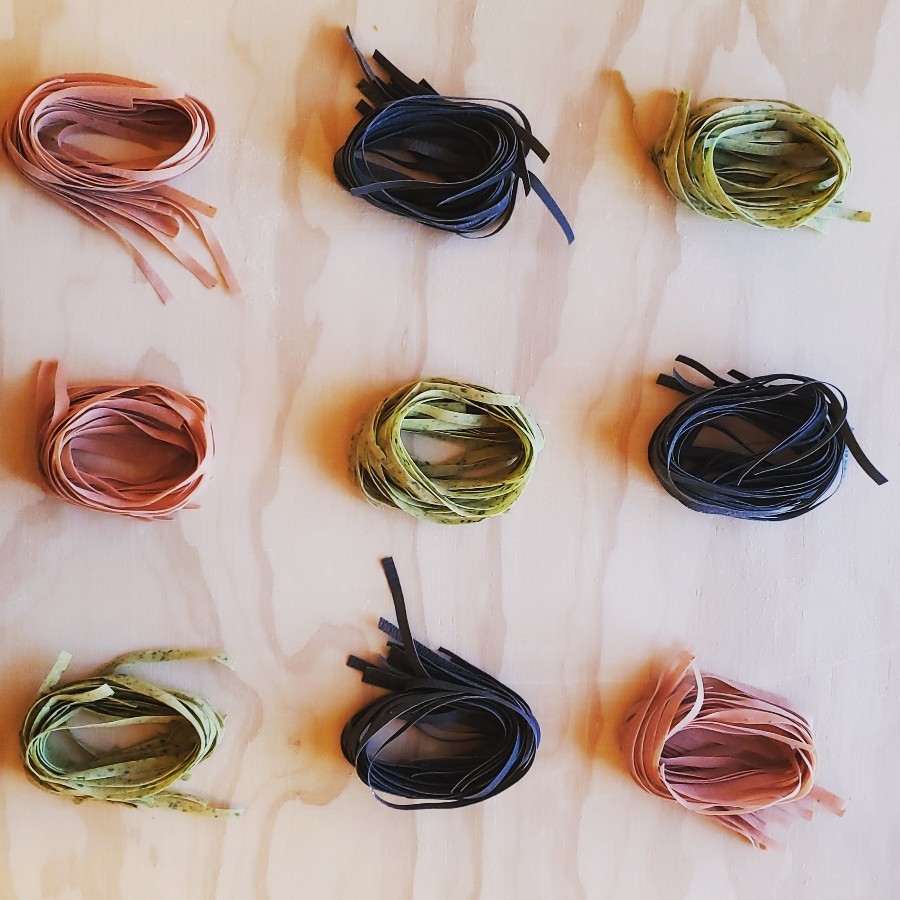
Phoenix, Arizona, United States
Phoenix Pasta Co creates homemade Italian style pasta with no shortcuts. They use organic certified stoneground North American durum wheat flour and organic eggs from pasture raised hens. The pasta is extruded through traditional bronze dies, slow dried for two to five days, and hand packed and labeled. Vegan options are also available. Phoenix Pasta Co sells through local markets and independent retailers.
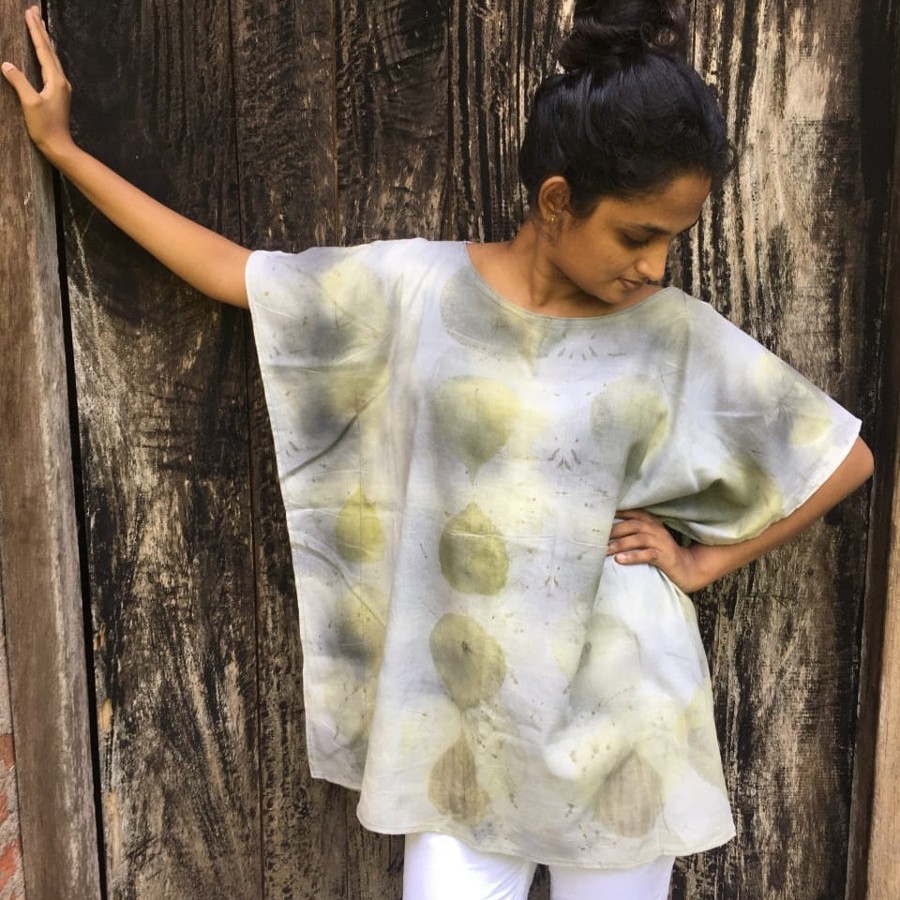
Mabodale, Sri Lanka
Autumn Leaves creates naturally dyed clothing, accessories, housewares, and artwork from locally sourced leaves, flowers, bark, fruits, and other materials. They specialize in botanical eco print techniques. Autumn Leaves uses their platform to promote environmental responsibility.
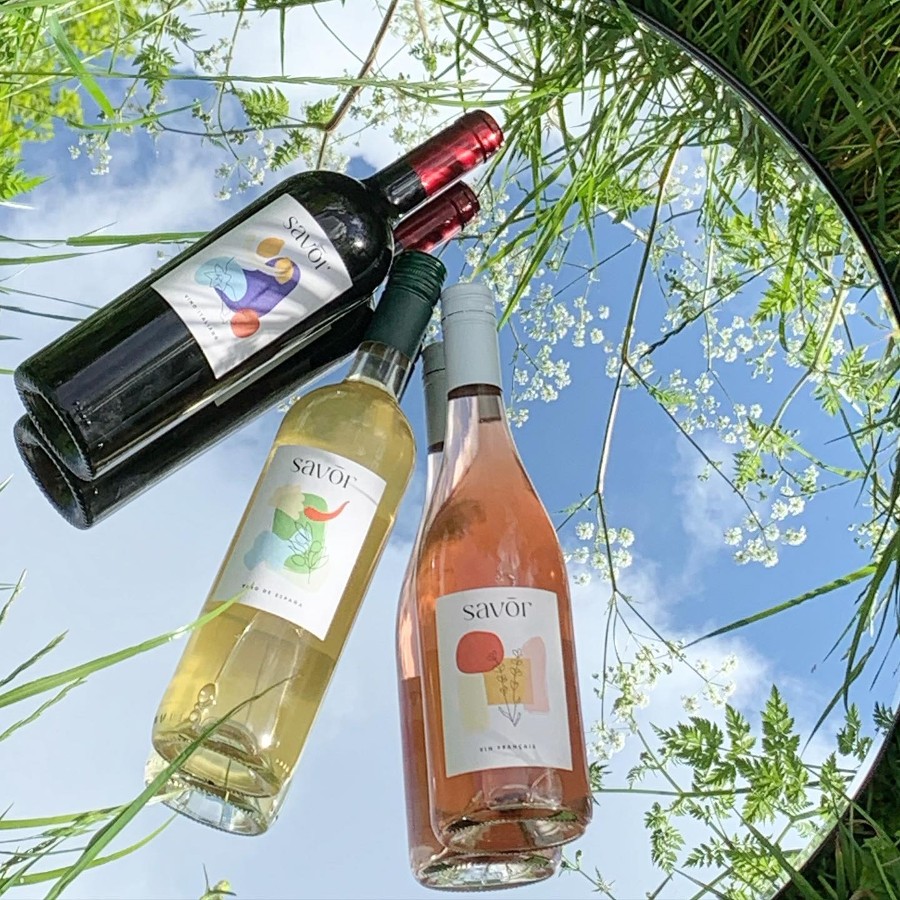
London, England, United Kingdom
Savōr specializes in sustainably sourced, vegan wine and aims to make the wine industry more inclusive and accessible. They partner with traditional wineries committed to environmental responsibility, organic practices, and vegan filtration techniques and with bottling facilities that have programs to monitor and reduce waste, water, and energy consumption. For every bottle sold, Savōr contributes to Ecologi to support tree planting, renewable energy projects, energy efficiency, and biodiversity preservation.
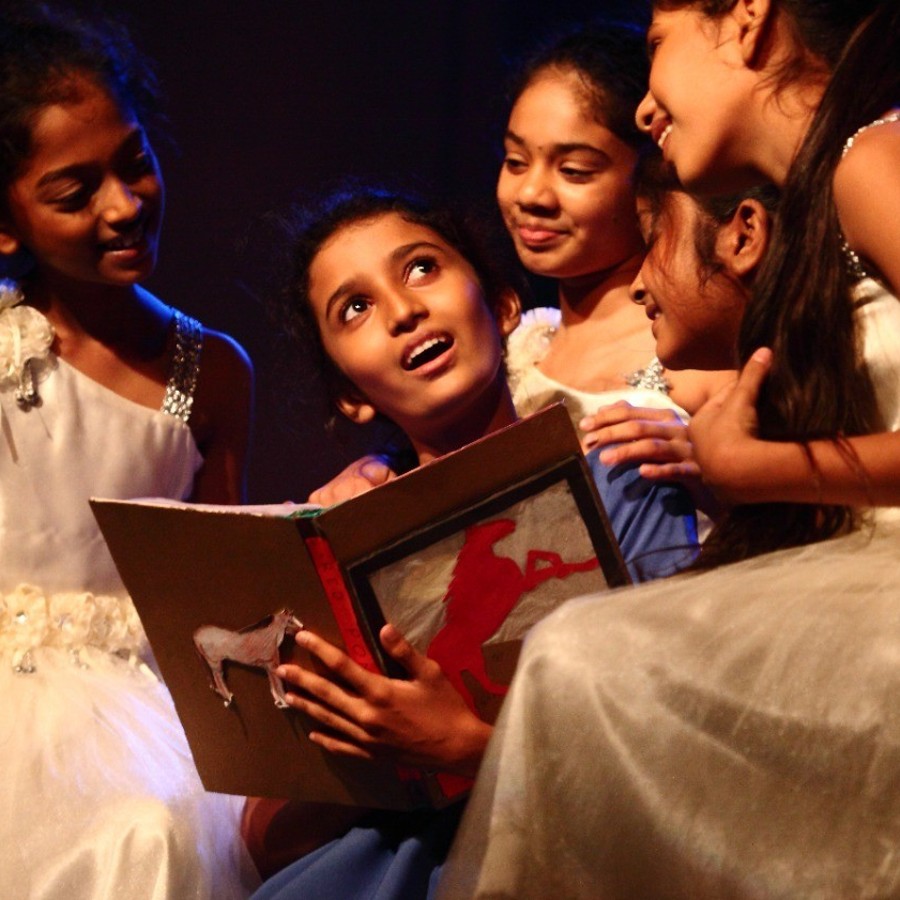
Nugegoda, Sri Lanka
Whyteleafe Performing Arts Academy helps children discover and develop their unique skills, talents, and personality through performing arts to prepare them for a successful future and build responsible citizens. Students learn dance, drama, theater, musical instruments, singing, public speaking, and debate while also developing critical thinking, creative self expression, team building, entrepreneurship, and leadership skills. Whyteleaf Academy aims to set a positive example for both students and parents. They encourage healthy eating, demonstrate environmental best practices, and organize donation drives and community service projects.
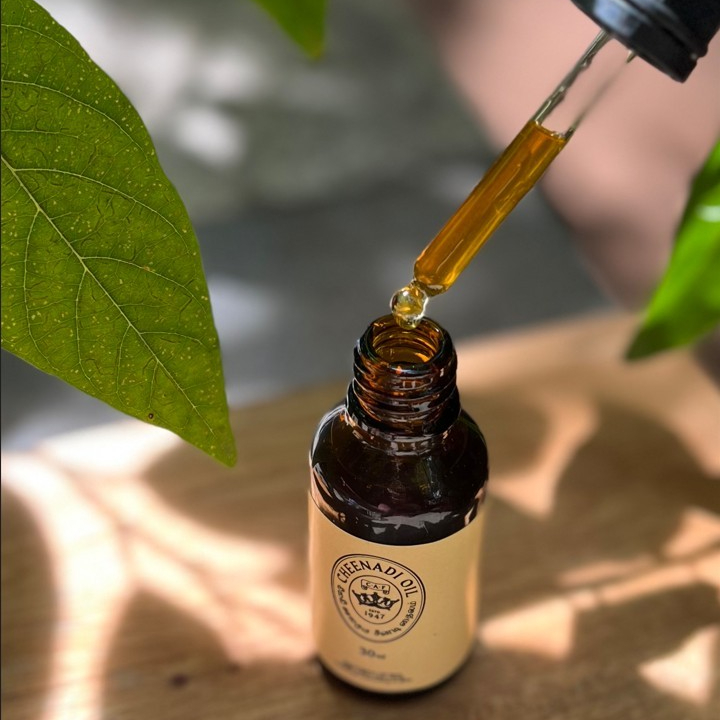
Dehiwala-Mount Lavinia, Sri Lanka
Cheenadi Oil is an Ayurvedic oil for rheumatism, aches, pains, sprains, bruises, muscle recovery, and more that was developed by a renowned Sri Lankan physician in the early 1940s. The original formula is now being reintroduced by his descendents with a focus on making it affordable and accessible to all. The herbal ingredients are sustainably sourced from rural suppliers and extracted using traditional techniques. Cheenadi Oil is packed in recycled glass bottles.
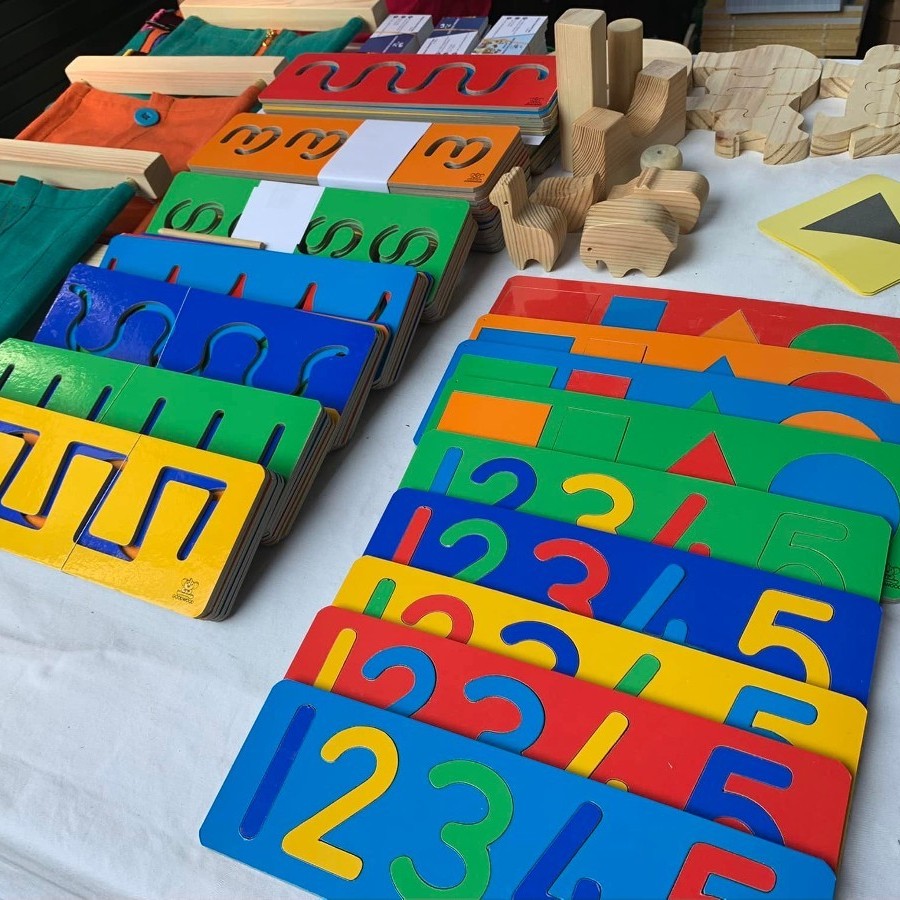
Piliyandala, Sri Lanka
GoodWood creates environmentally responsible educational materials for preschool and early primary students and children with special needs. Their affordable, child-safe products are made locally from recycled paper, natural wood, nontoxic paints, and natural fabrics and provide an alternative to imported plastic toys. GoodWood donates to support local families in need.
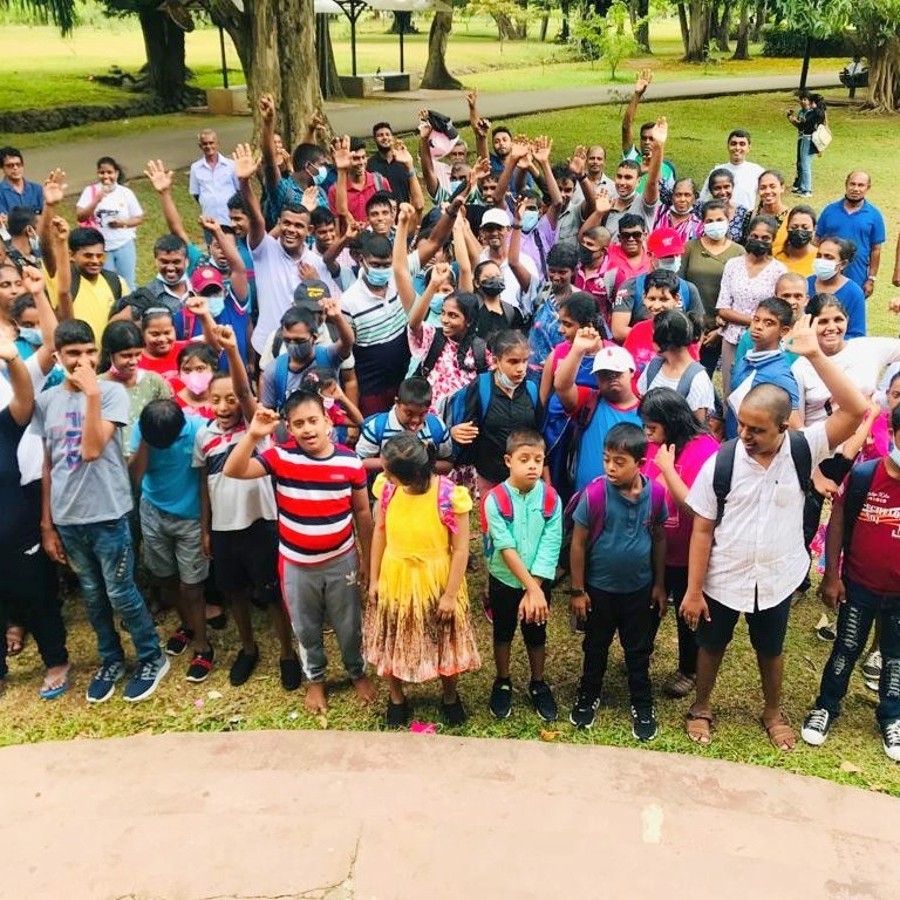
Ja-Ela, Sri Lanka
Nisansala Special Training Center provides training for more than 170 children and young adults with learning disabilities and special needs. Over the years, their focus has shifted from residential care to supporting families so that people with learning disabilities are able to be independent and live as full a life as possible within their own support networks and communities. Training programs cover literacy, numeracy, health and hygiene, self help skills, social skills, speech therapy, physiotherapy, computers, homemaking, cooking, swimming, music, dance, and vocational skills. Nisansala also organizes parent awareness programs, sports meets, exhibitions, holiday celebrations, and other public events. Products from the vocational training programs are sold at these events, and the proceeds are deposited into participants’ bank accounts.
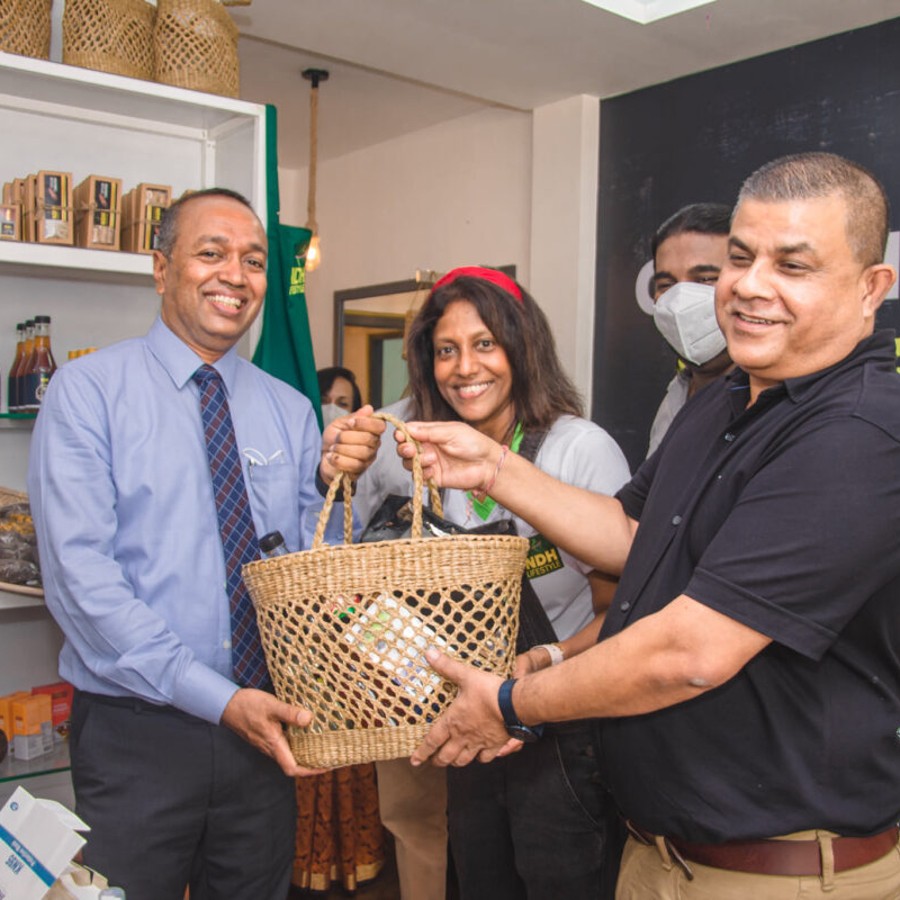
Sri Jayawardenepura Kotte, Sri Lanka
NDH Lifestyle supports healthy living in Sri Lanka through an Ayurvedic treatment center, retail outlet, and online store. They offer natural sweeteners, teas, herbal infusions, supplements, heirloom rice, flours, spices, sauces, spreads, coconut products, dried fruits, nuts, seeds, potted plants, Ayurvedic oils, tablets, beauty care, facials, massages, steam baths, shirodhara, nasya, and more. NDH Lifestyle sources from local suppliers that are verified under third party organic certification, a local organic participatory guarantee system, and the Sri Lankan Department of Ayurveda.
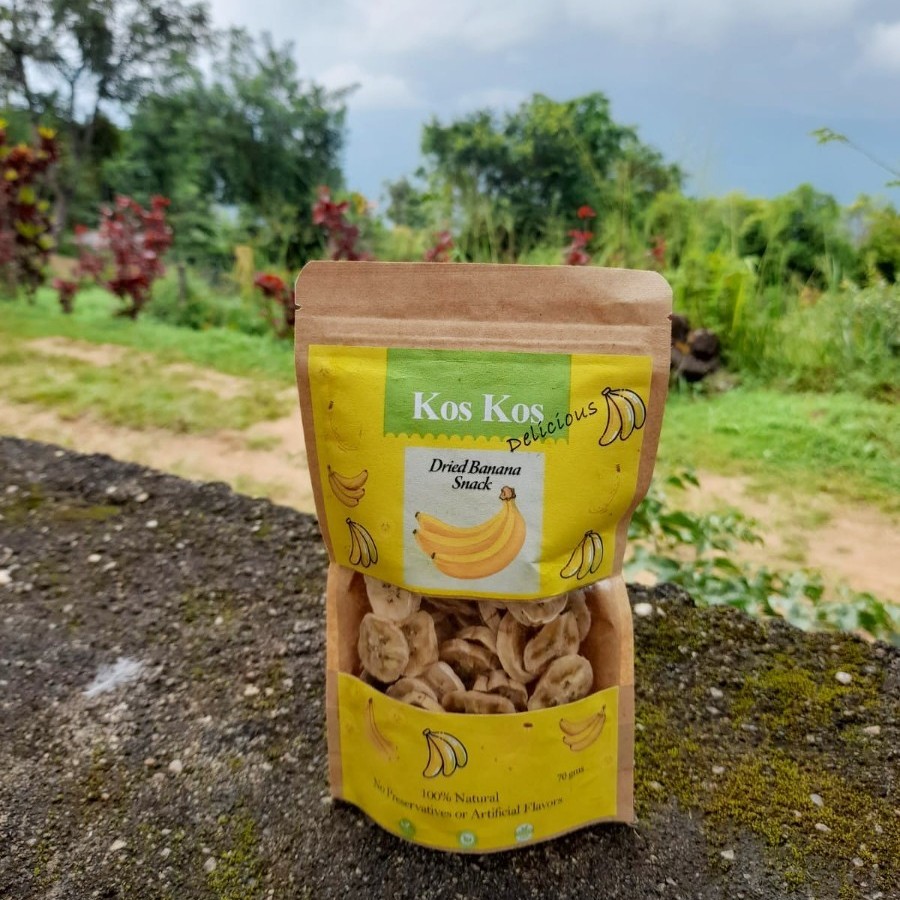
Udadumbara, Sri Lanka
Kos Kos produces dehydrated fruits, vegetables, and spices in Sri Lanka’s hill country to prevent post-harvest losses, increase food security, and improve access to healthy food. The Udadumbara facility sources from local farmers and was designed for resilience. Their custom equipment does not require imported fossil fuels.
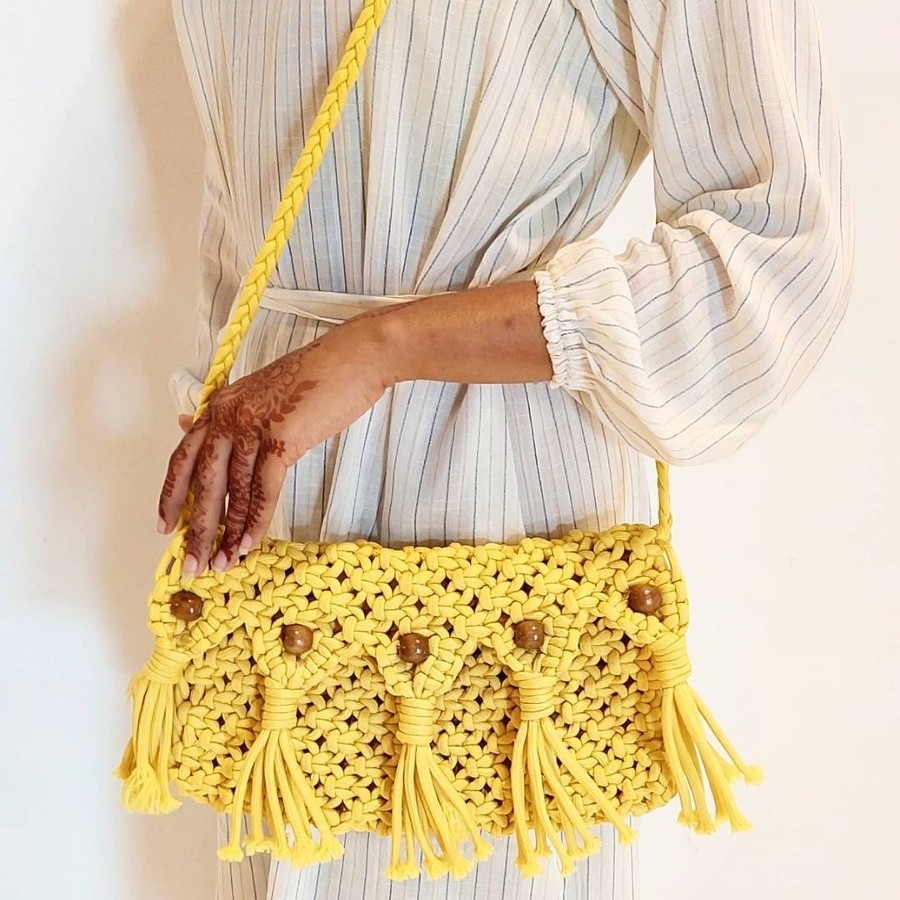
Ragama, Sri Lanka
Adira Boutique uses natural fibers, handloom fabric, and upcycled waste materials to create durable handmade bags, accessories, and housewares. They are known for their macrame planters, mirrors, lamps, and wall hangings. Adira Boutique preferentially hires people from low income rural communities. They raise awareness about plastic pollution and encourage the transition to reusable shopping bags.
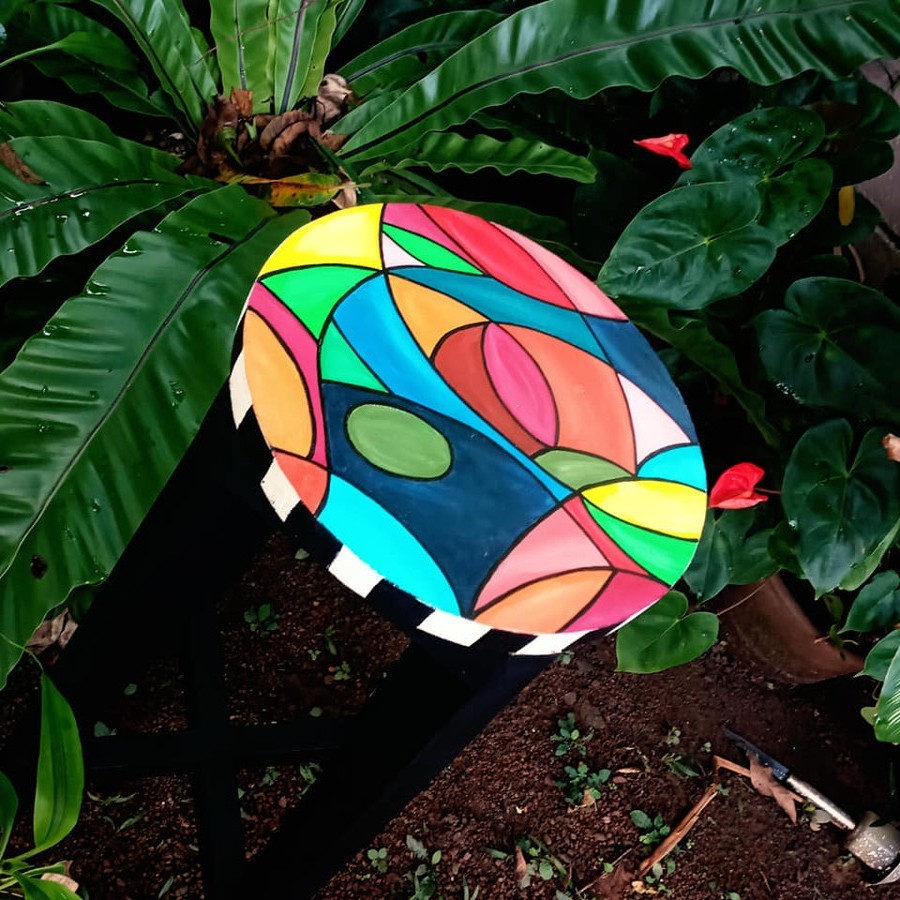
Nugegoda, Sri Lanka
Lev Creations creates upcycled housewares by hand painting scrap wood and used furniture and is expanding into sustainable fashion made from fabric offcuts under their Warahali brand. They aim to provide work-from home livelihood opportunities for women who are unable to access traditional employment.
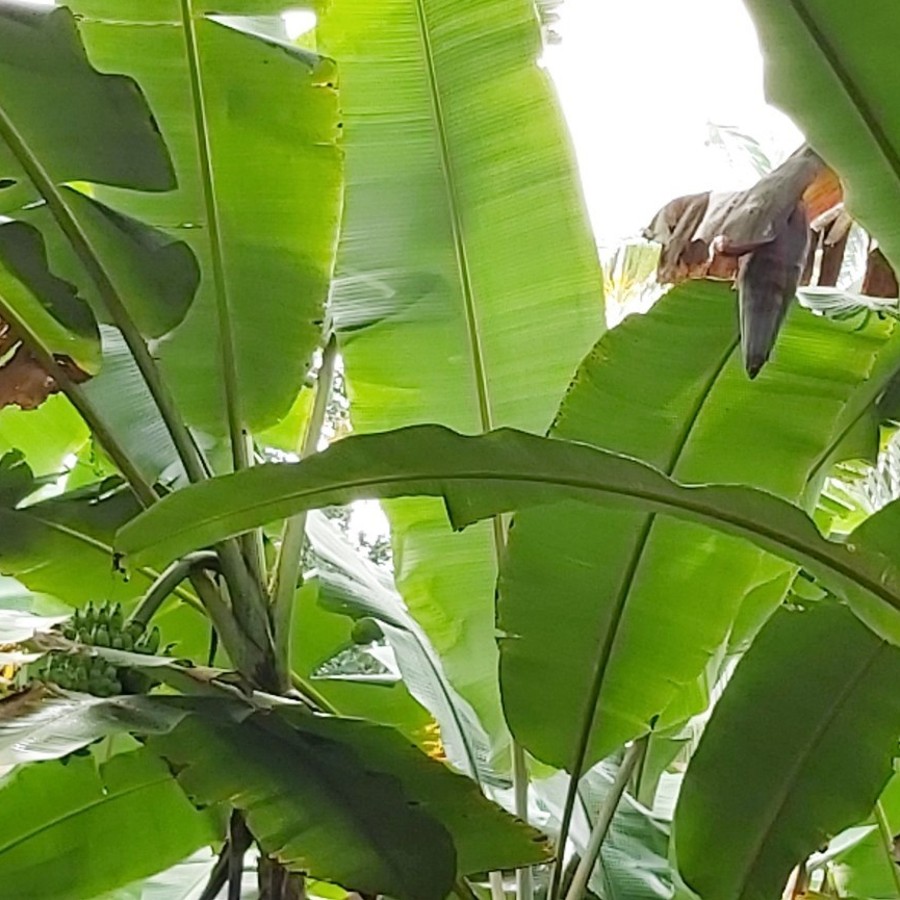
Homagama, Sri Lanka
Rasapehe produces healthy, affordable food using their own home grown vegetables and no artificial colors, preservatives or additives. They specialize in tempered banana blossoms and Malay pickle made from homegarden banana blossoms, pineapple, vegetables, and herbs. Spices are sourced from other Good Market approved farmers. Products are packed in glass jars which are collected for sterilization and reuse. Rasapehe aims to create employment opportunities for other low income women in the future.
Know an initiative that’s good for people and good for the planet? The application is currently available in English, Sinhala, Tamil, Urdu, Spanish, and Japanese and started in Nepali: www.goodmarket.global/apply. Want to help make it available in another language? Learn more about the community translation project here.